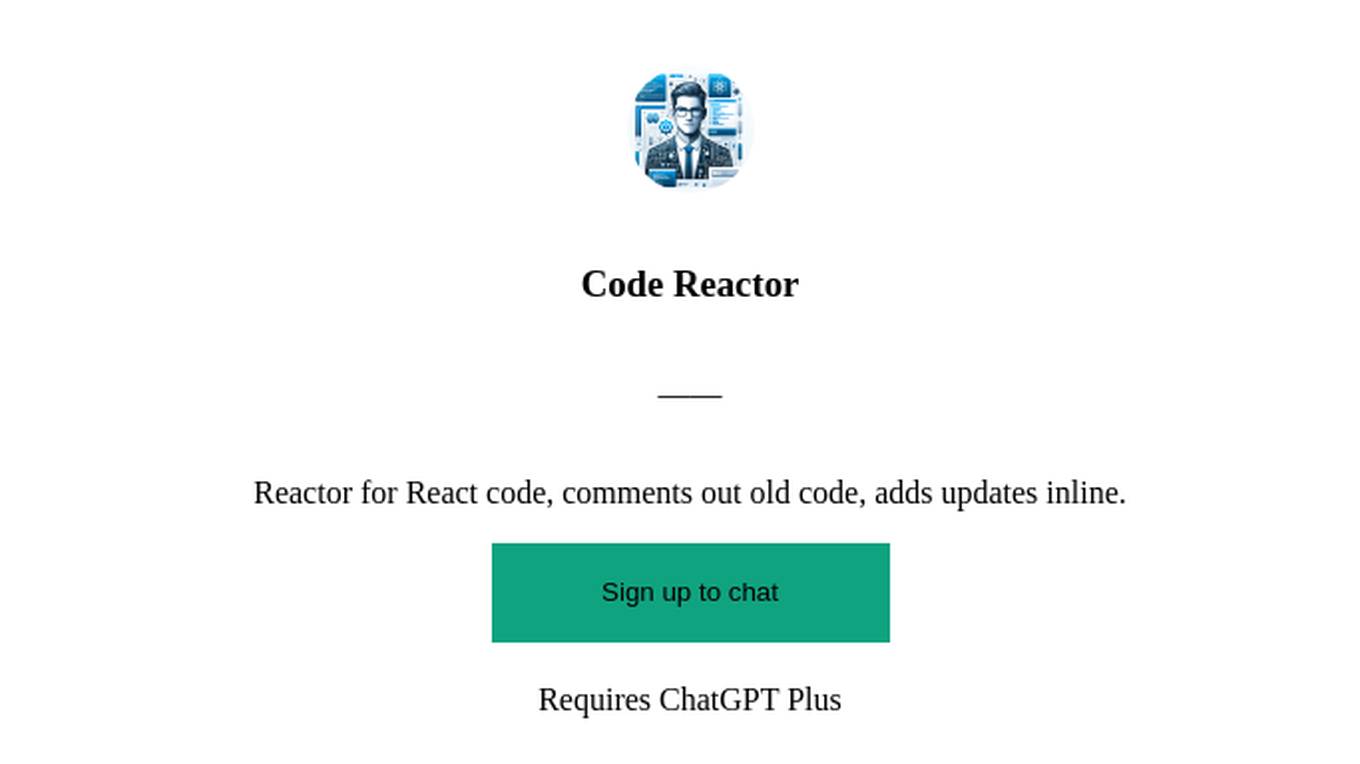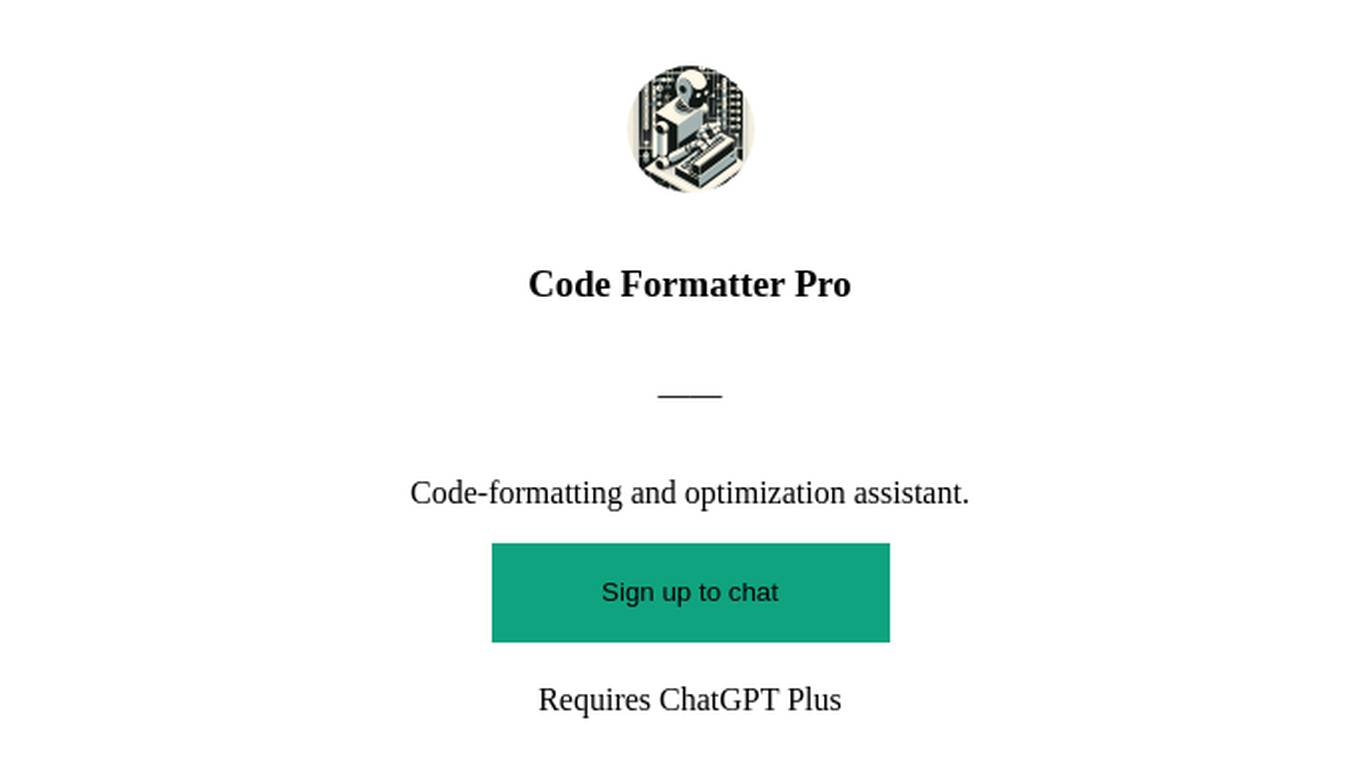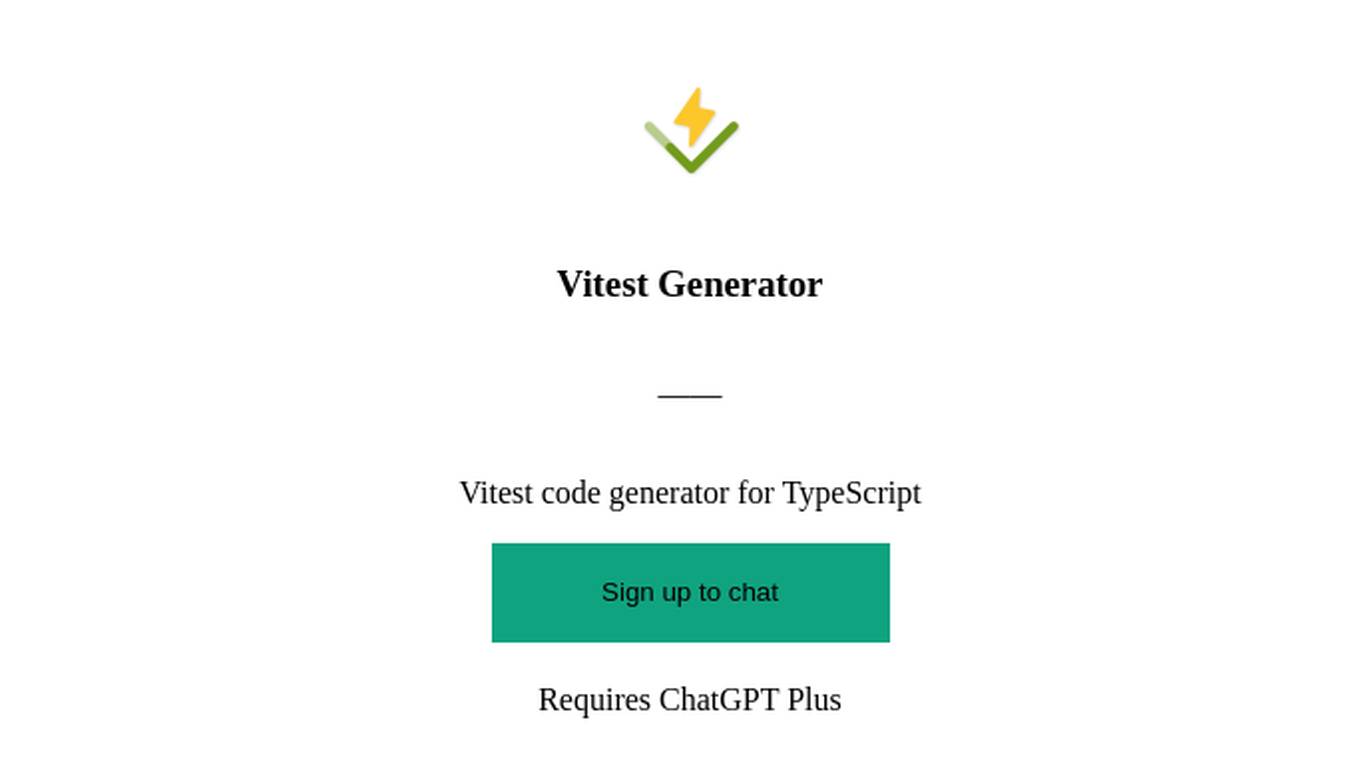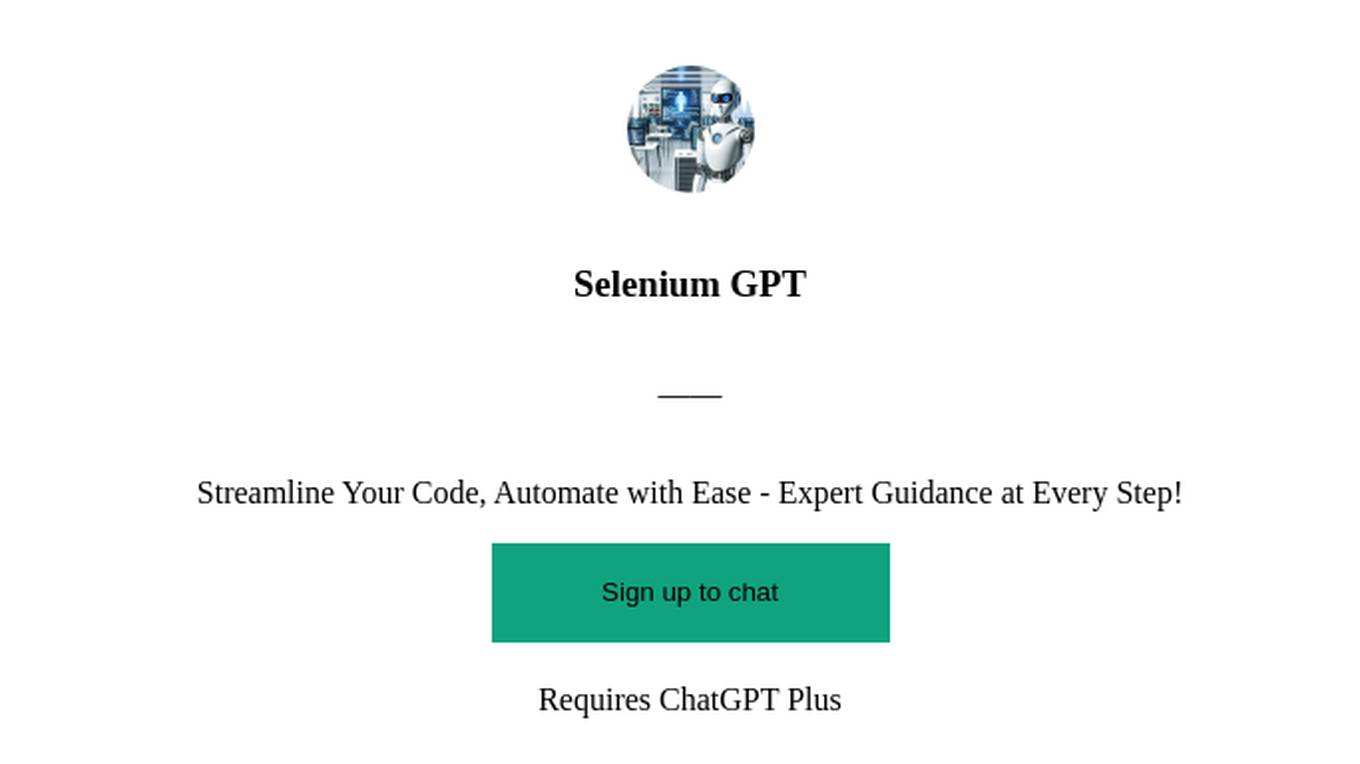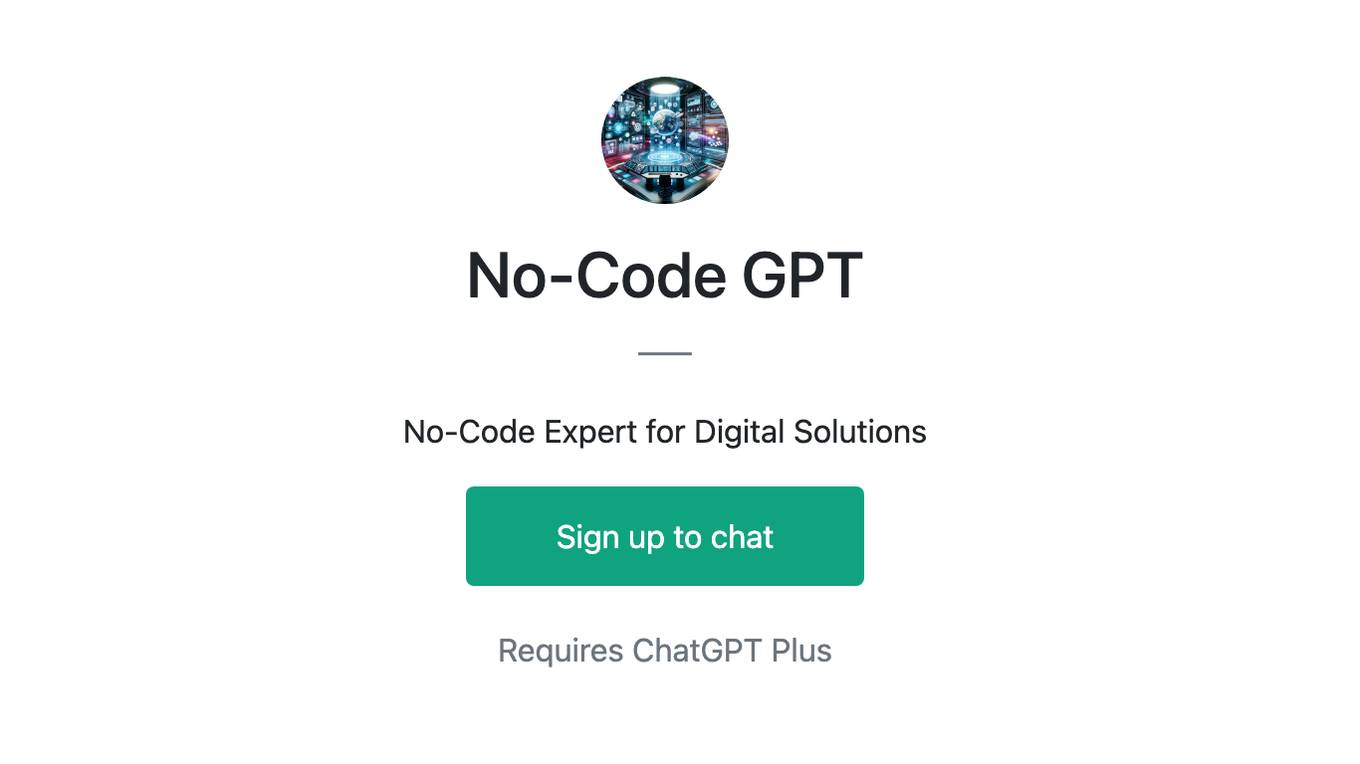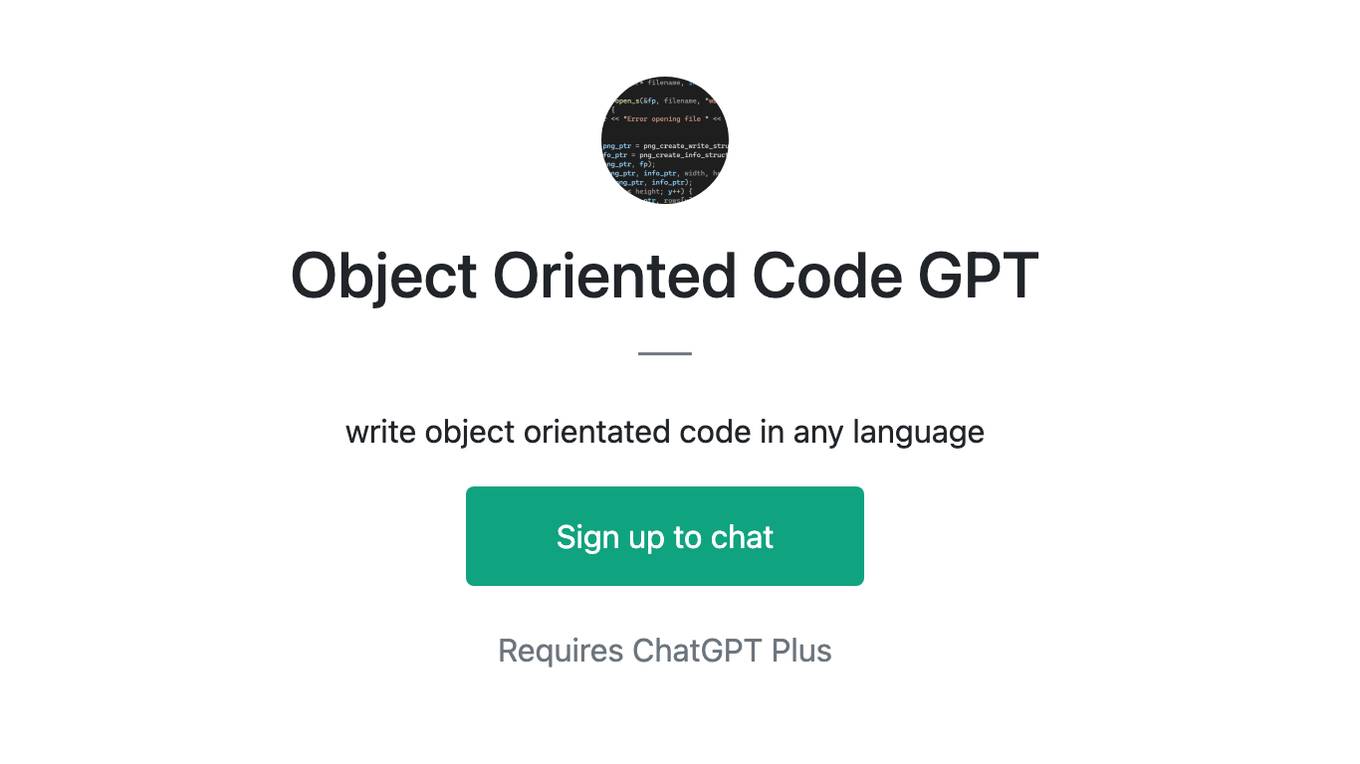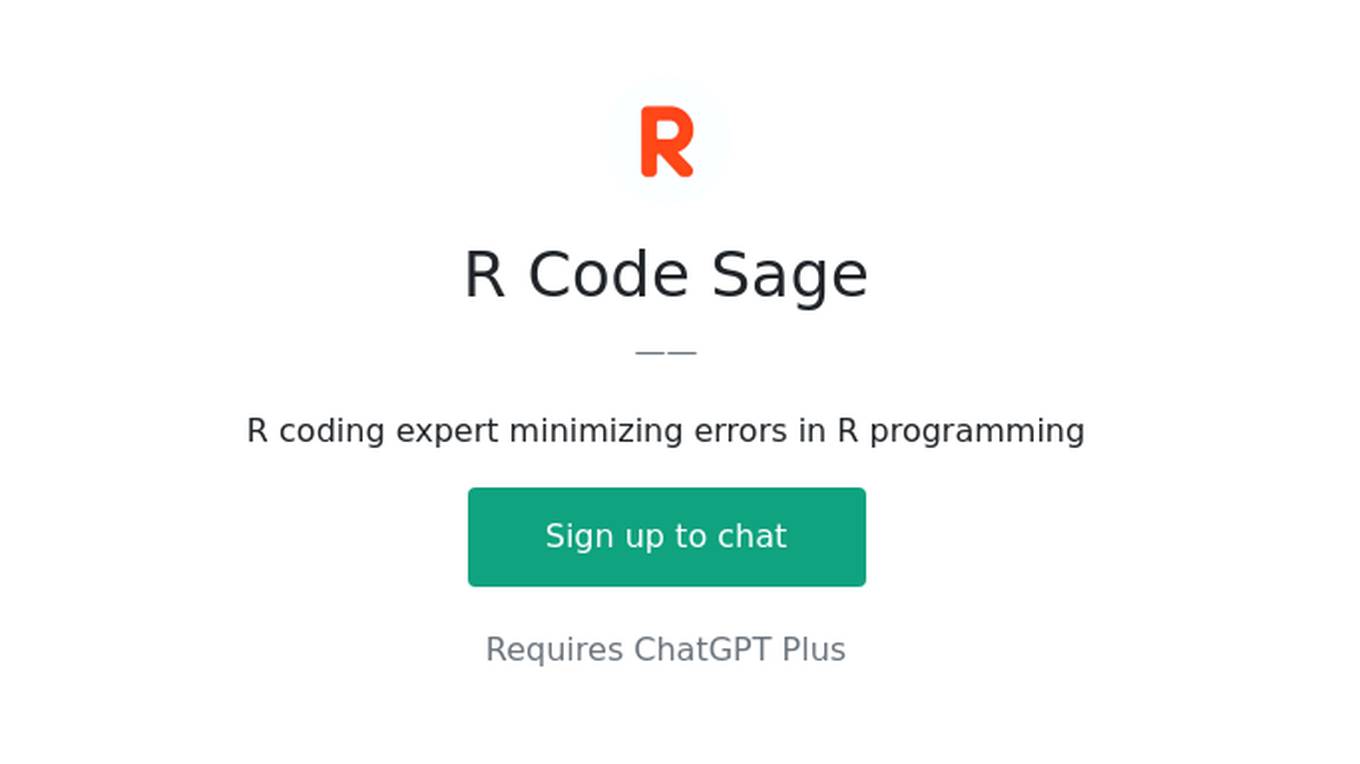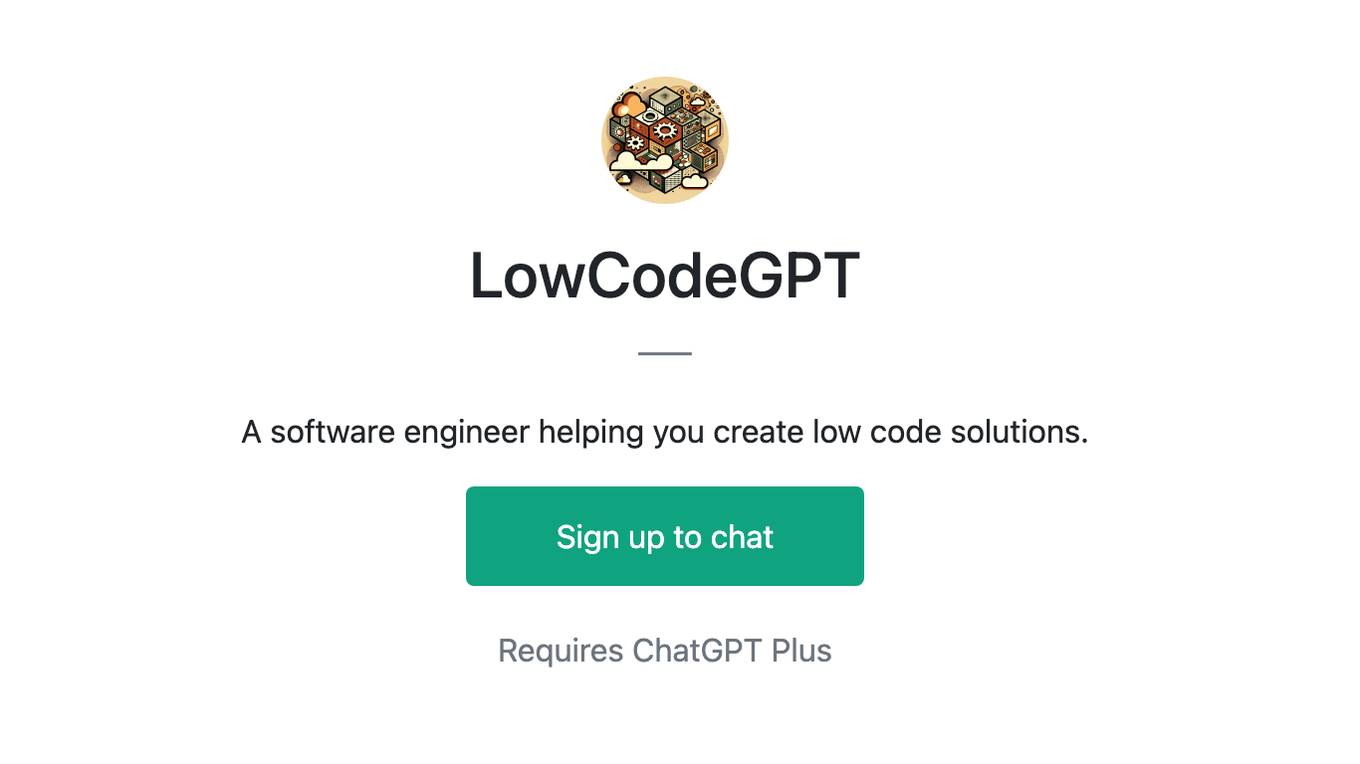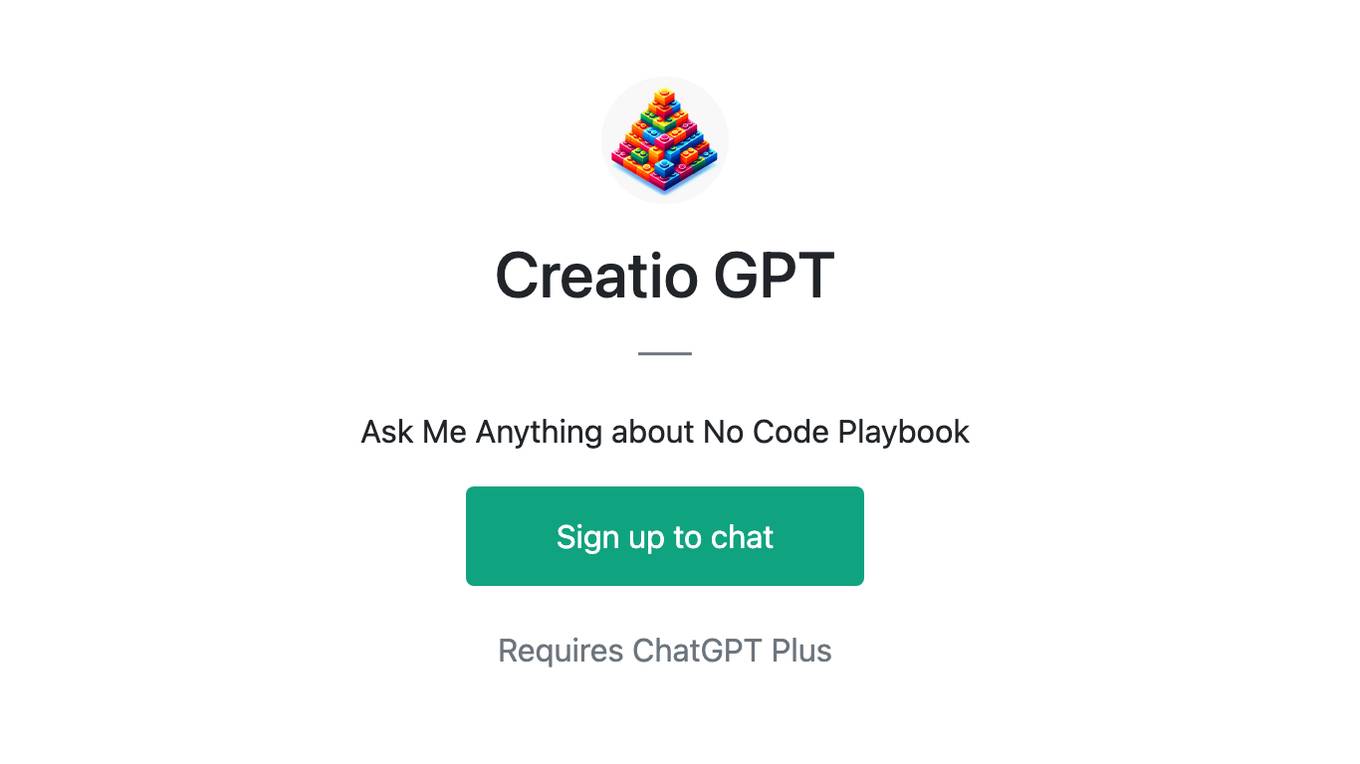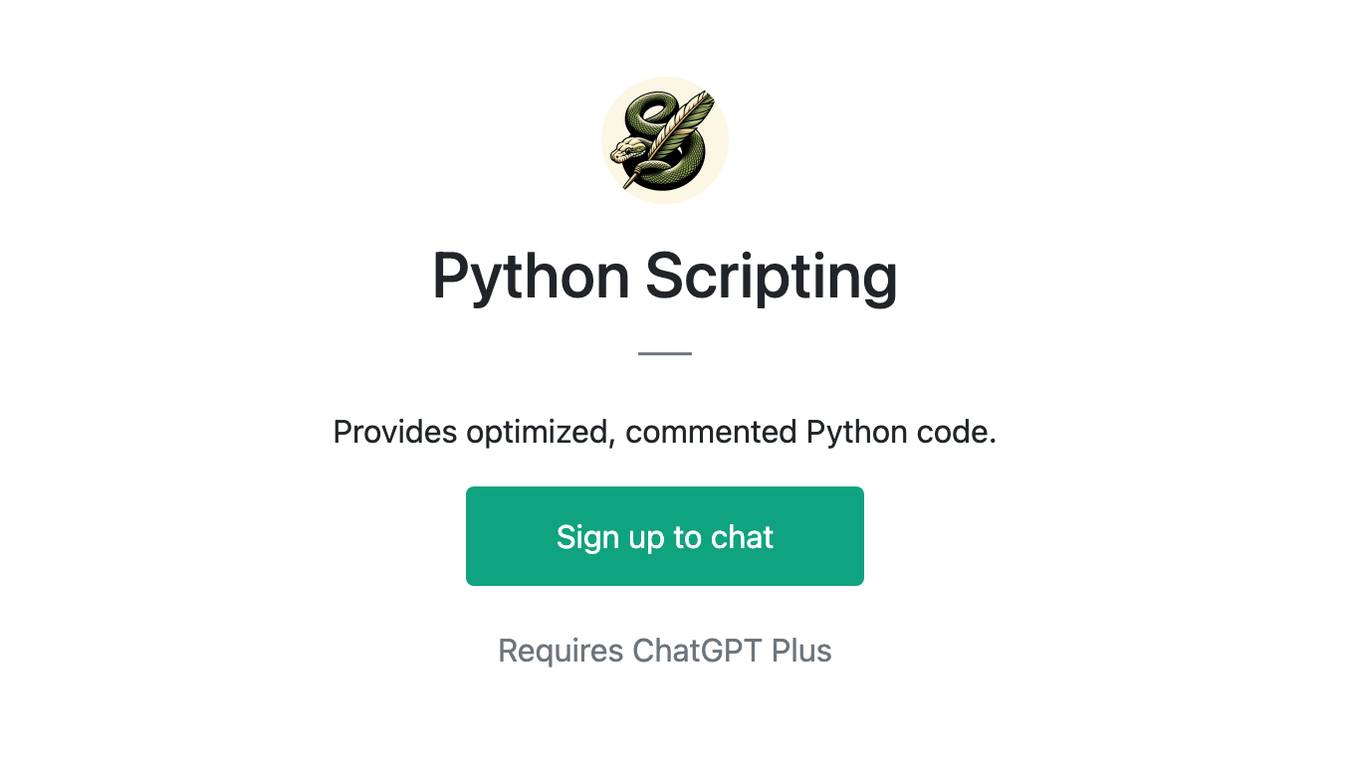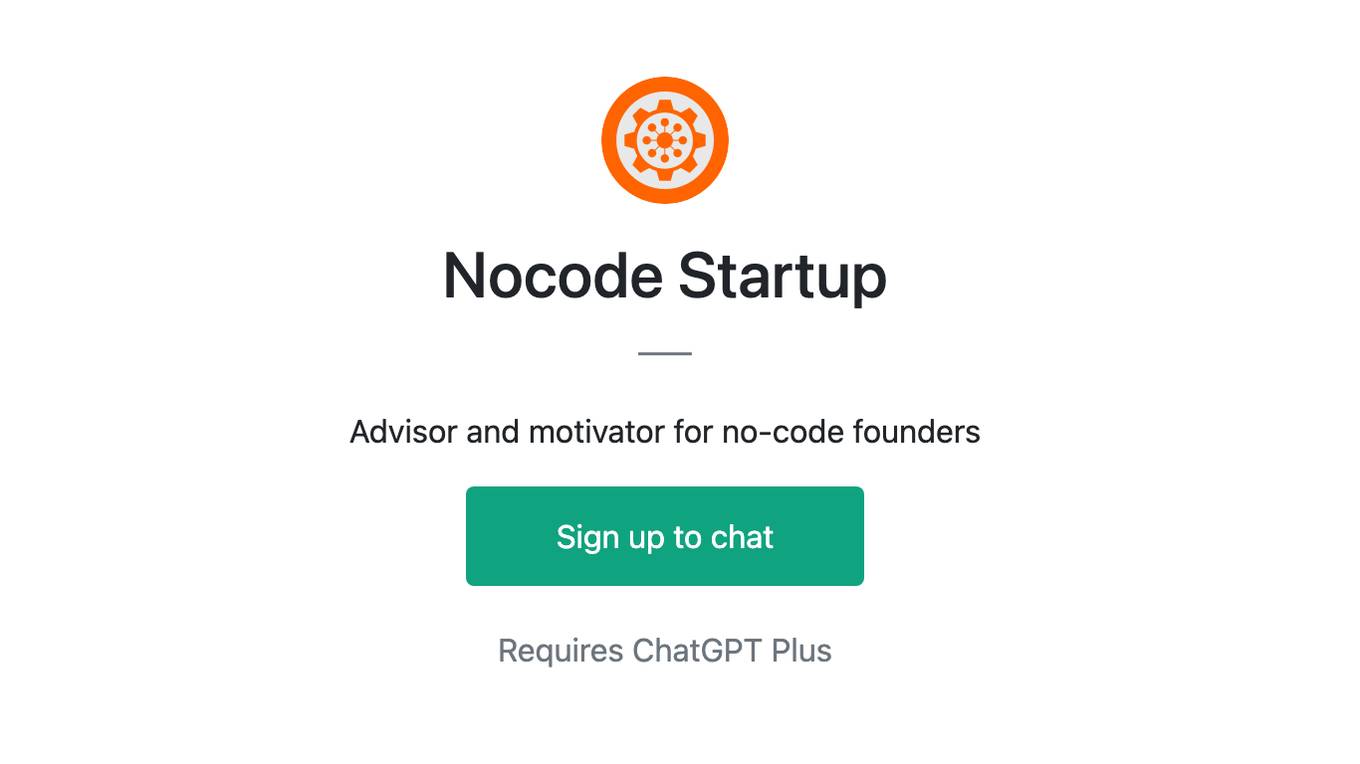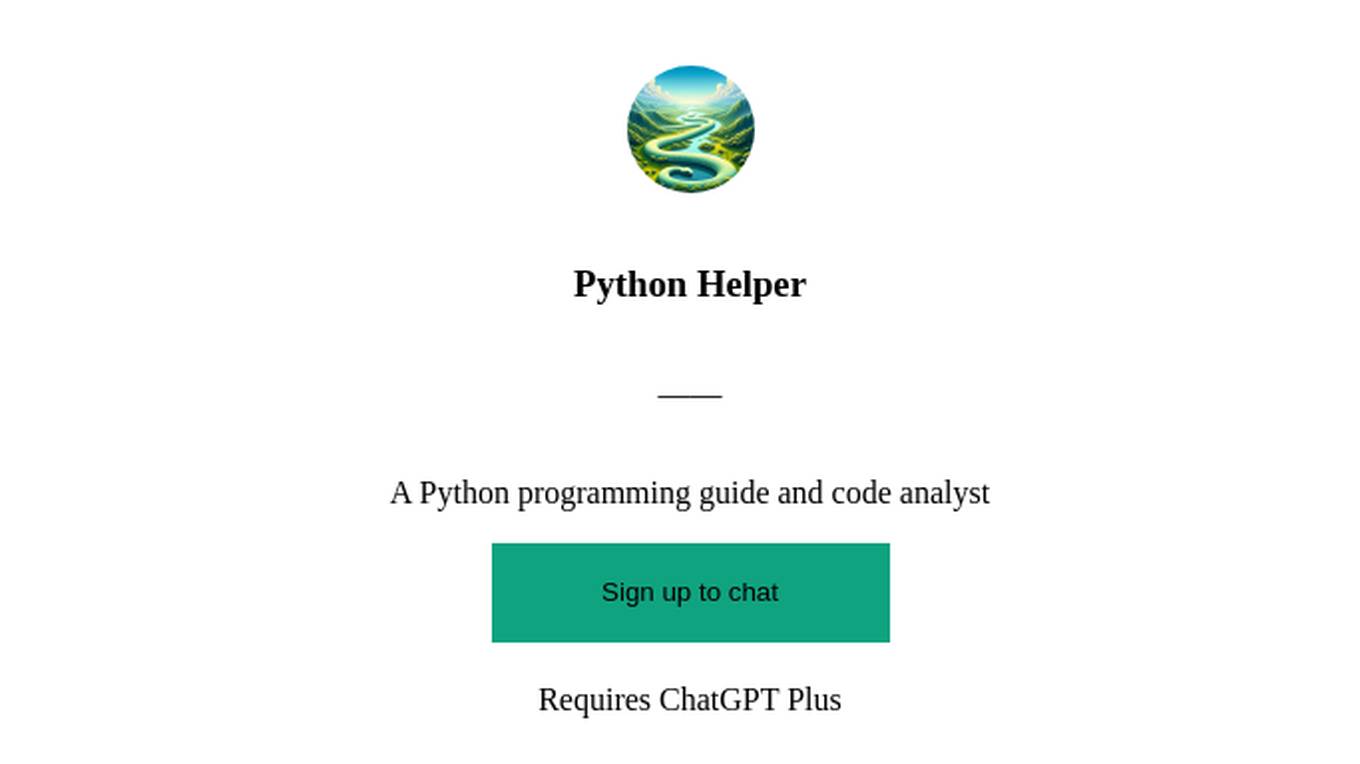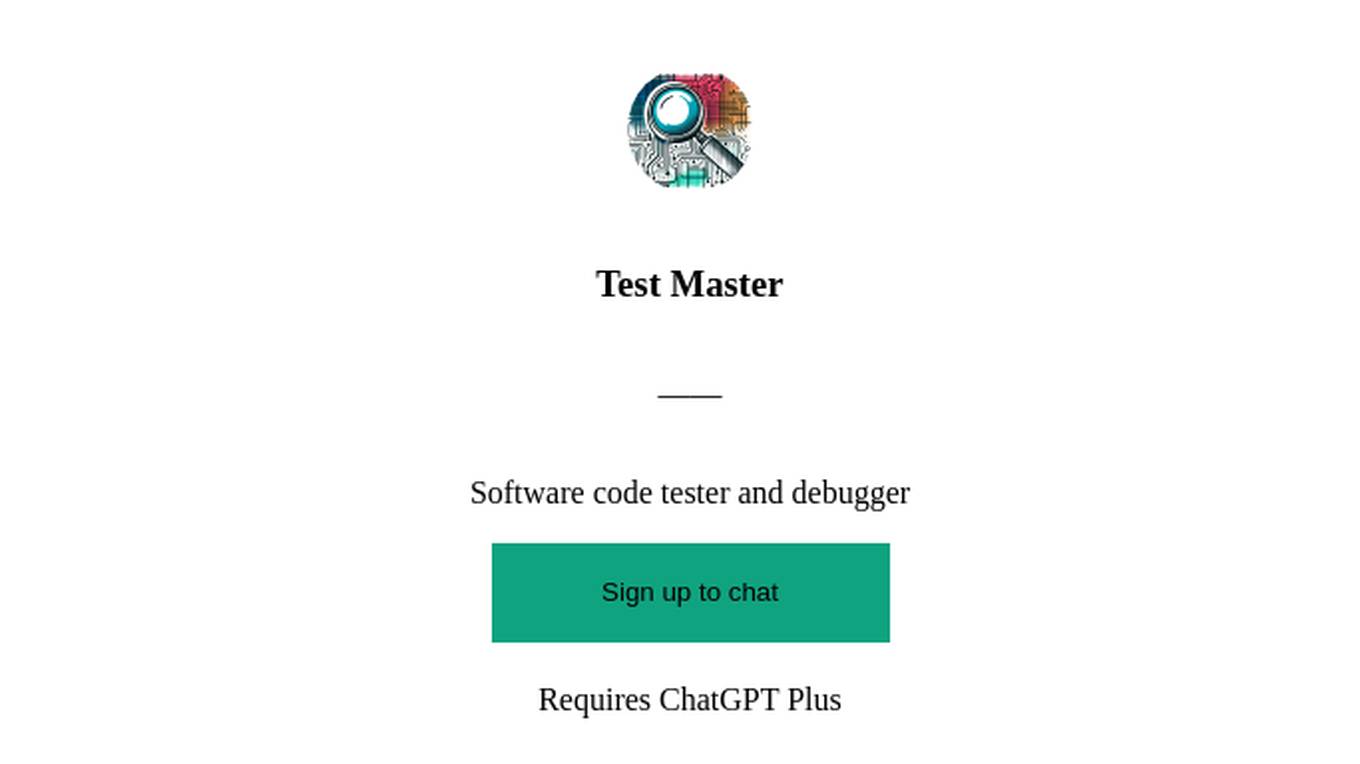Best AI tools for< Automate Code Maintenance >
20 - AI tool Sites
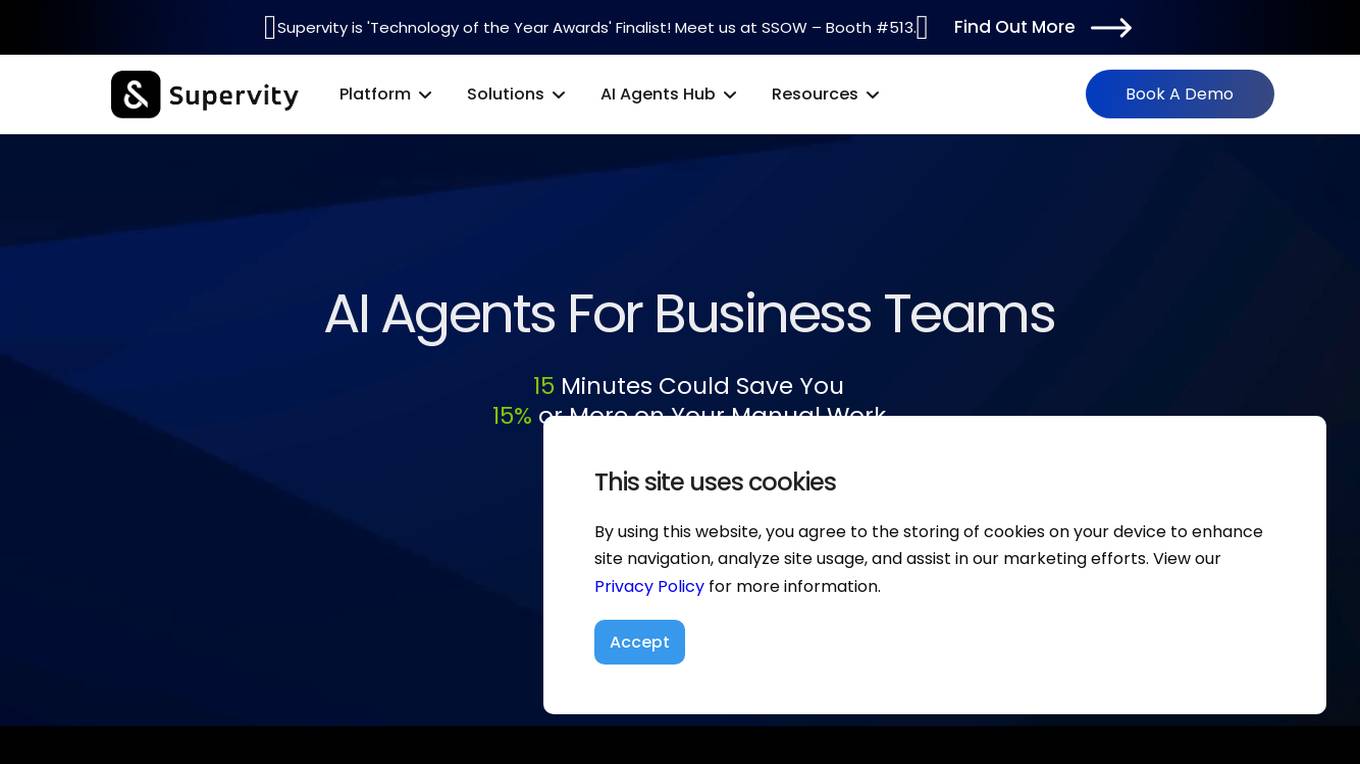
Supervity
Supervity is an AI application that empowers businesses to scale operations, optimize efficiency, and achieve transformative growth with intelligent automation. It offers a range of AI agents for various industries and functions, such as finance, HR, IT, customer service, and more. Supervity's AI agents help streamline processes, automate tasks, and enhance decision-making across different business sectors.
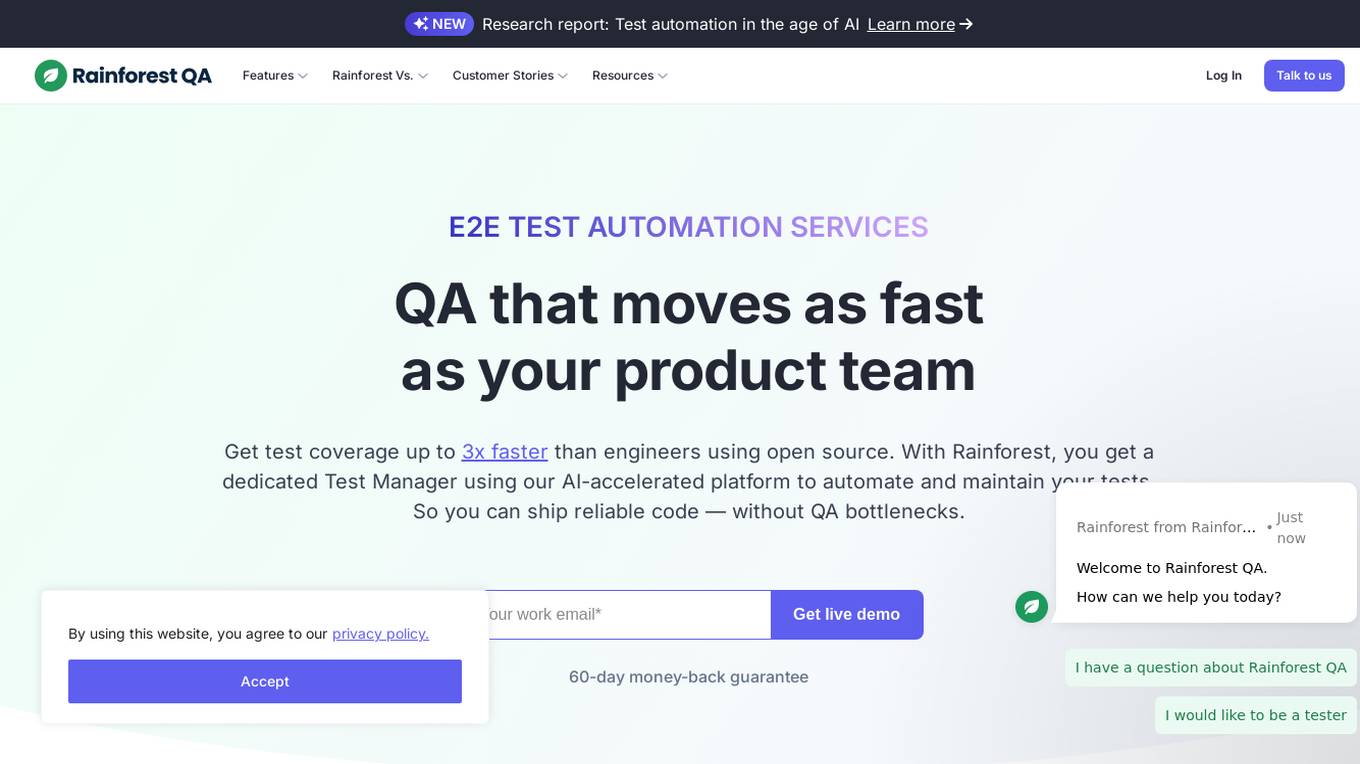
Rainforest QA
Rainforest QA is an AI-powered test automation platform designed for SaaS startups to streamline and accelerate their testing processes. It offers AI-accelerated testing, no-code test automation, and expert QA services to help teams achieve reliable test coverage and faster release cycles. Rainforest QA's platform integrates with popular tools, provides detailed insights for easy debugging, and ensures visual-first testing for a seamless user experience. With a focus on automating end-to-end tests, Rainforest QA aims to eliminate QA bottlenecks and help teams ship bug-free code with confidence.
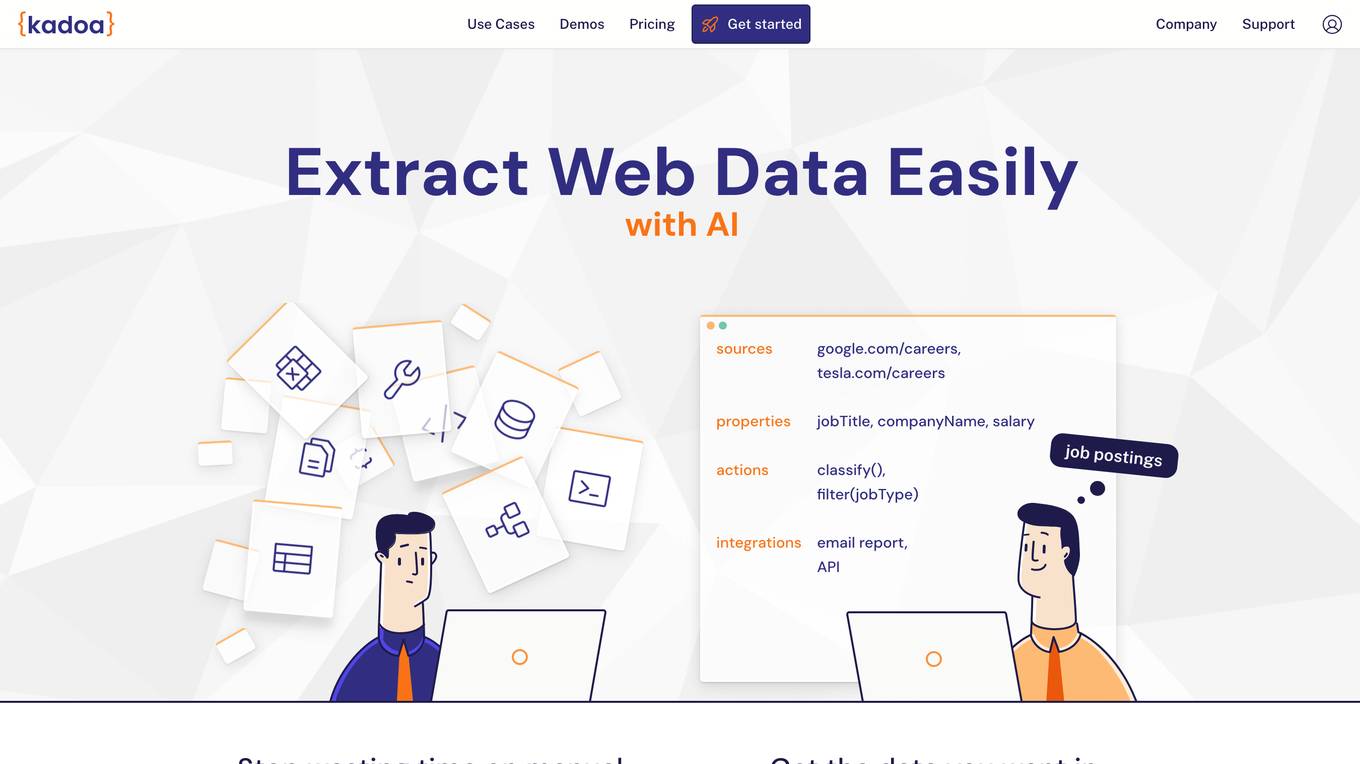
Kadoa
Kadoa is an AI web scraper tool that extracts unstructured web data at scale automatically, without the need for coding. It offers a fast and easy way to integrate web data into applications, providing high accuracy, scalability, and automation in data extraction and transformation. Kadoa is trusted by various industries for real-time monitoring, lead generation, media monitoring, and more, offering zero setup or maintenance effort and smart navigation capabilities.
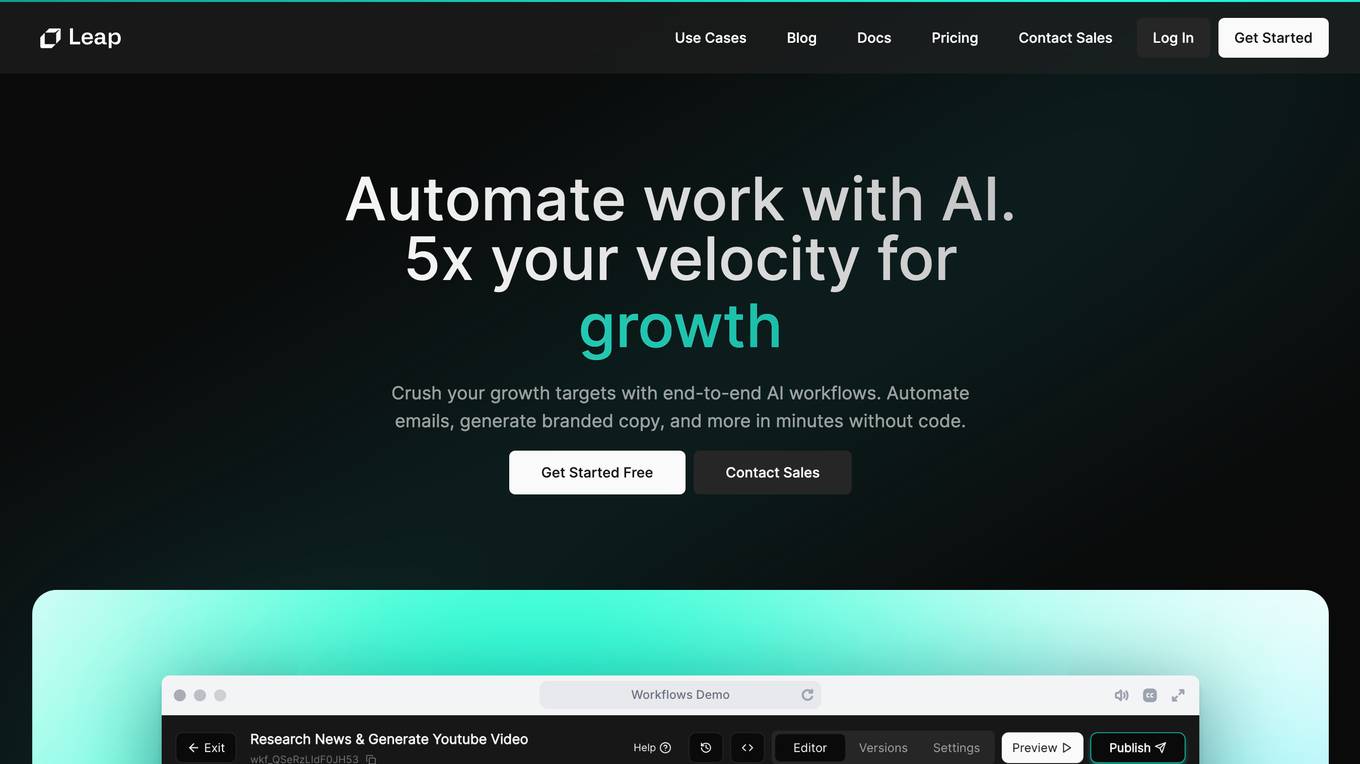
Leap AI
Leap AI is a no-code AI workflow automation platform that enables businesses to automate tasks, streamline processes, and enhance productivity. With Leap AI, users can easily connect their favorite tools and leverage best-in-class AI models for text, image, audio, and more. The platform offers a range of features designed to accelerate growth, including effortless automation, seamless AI integrations, zero maintenance, streamlined collaboration, and complete control and flexibility.
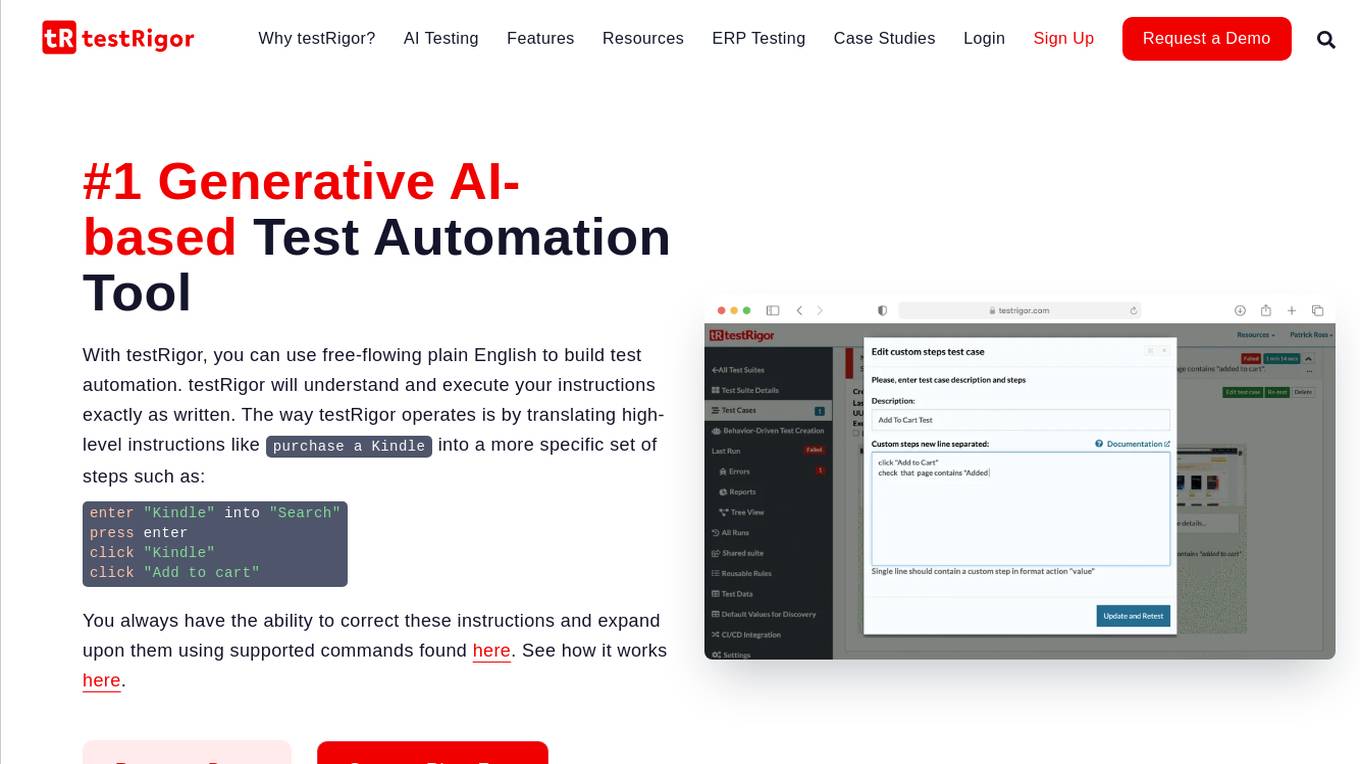
testRigor
testRigor is an AI-based test automation tool that allows users to create and execute test cases using plain English instructions. It leverages generative AI in software testing to automate test creation and maintenance, offering features such as no code/codeless testing, web, mobile, and desktop testing, Salesforce automation, and accessibility testing. With testRigor, users can achieve test coverage faster and with minimal maintenance, enabling organizations to reallocate QA engineers to build API tests and increase test coverage significantly. The tool is designed to simplify test automation, reduce QA headaches, and improve productivity by streamlining the testing process.
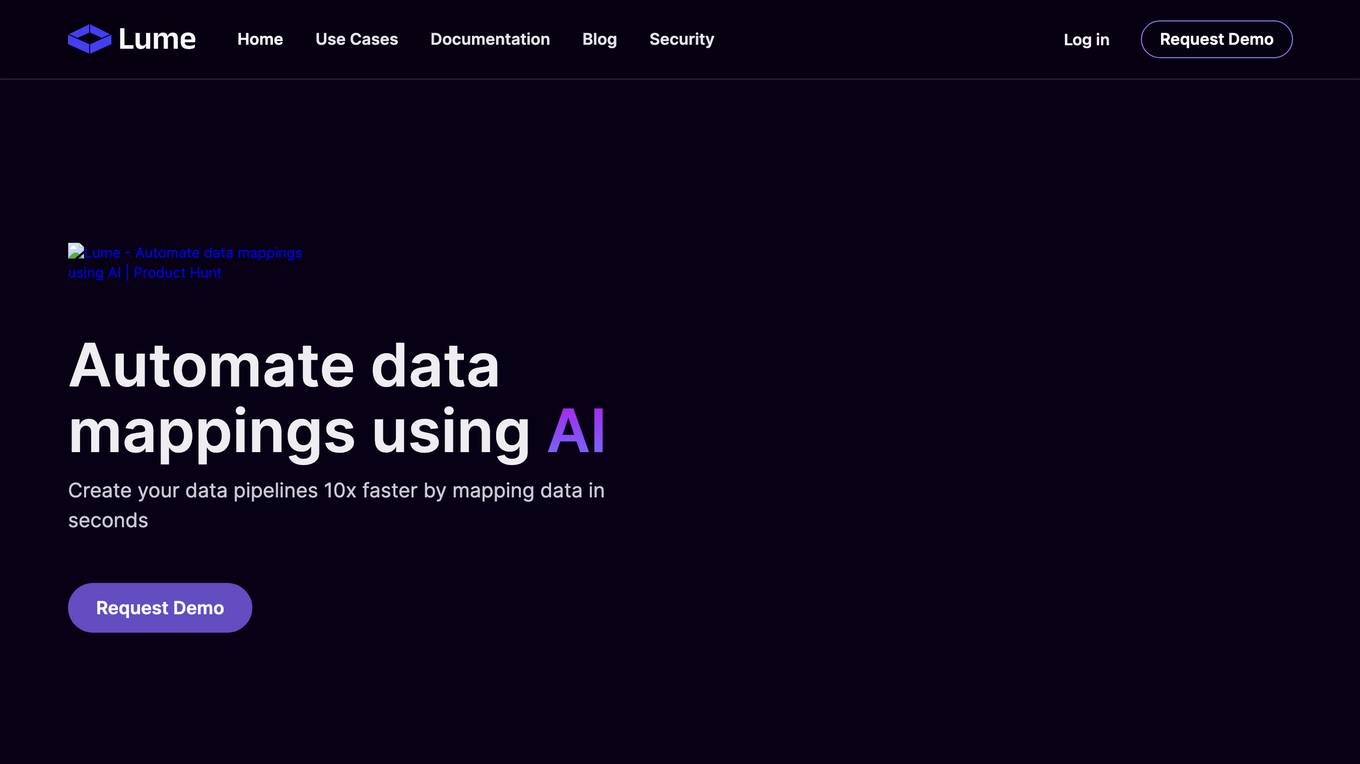
Lume AI
Lume AI is an AI-powered data mapping suite that automates the process of mapping, cleaning, and validating data in various workflows. It offers a comprehensive solution for building pipelines, onboarding customer data, and more. With AI-driven insights, users can streamline data analysis, mapper generation, deployment, and maintenance. Lume AI provides both a no-code platform and API integration options for seamless data mapping. Trusted by market leaders and startups, Lume AI ensures data security with enterprise-grade encryption and compliance standards.

Meticulous
Meticulous is an AI tool that revolutionizes frontend testing by automatically generating and maintaining test suites for web applications. It eliminates the need for manual test writing and maintenance, ensuring comprehensive test coverage without the hassle. Meticulous uses AI to monitor user interactions, generate test suites, and provide visual end-to-end testing capabilities. It offers lightning-fast testing, parallelized across a compute cluster, and integrates seamlessly with existing test suites. The tool is battle-tested to handle complex applications and provides developers with confidence in their code changes.
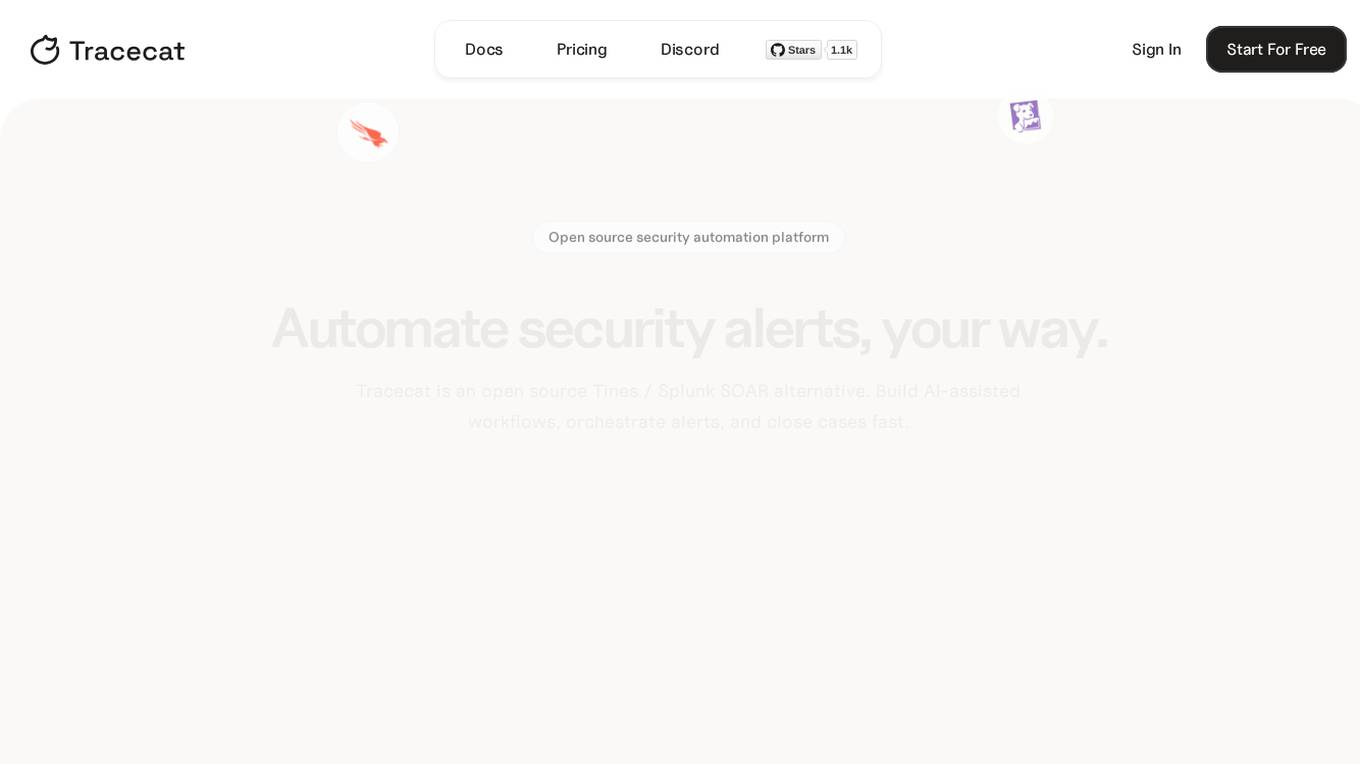
Tracecat
Tracecat is an open-source security automation platform that helps you automate security alerts, build AI-assisted workflows, orchestrate alerts, and close cases fast. It is a Tines / Splunk SOAR alternative that is built for builders and allows you to experiment for free. You can deploy Tracecat on your own infrastructure or use Tracecat Cloud with no maintenance overhead. Tracecat is Apache-2.0 licensed, which means it is open vision, open community, and open development. You can have your say in the future of security automation. Tracecat is no-code first, but you can also code as well. You can build automations fast with no-code and customize without vendor lock-in using Python. Tracecat has a click-and-drag workflow builder that allows you to automate SecOps using pre-built actions (API calls, webhooks, data transforms, AI tasks, and more) combined into workflows. No code is required. Tracecat also has a built-in case management system that allows you to open cases directly from workflows and track and manage security incidents all in one platform.
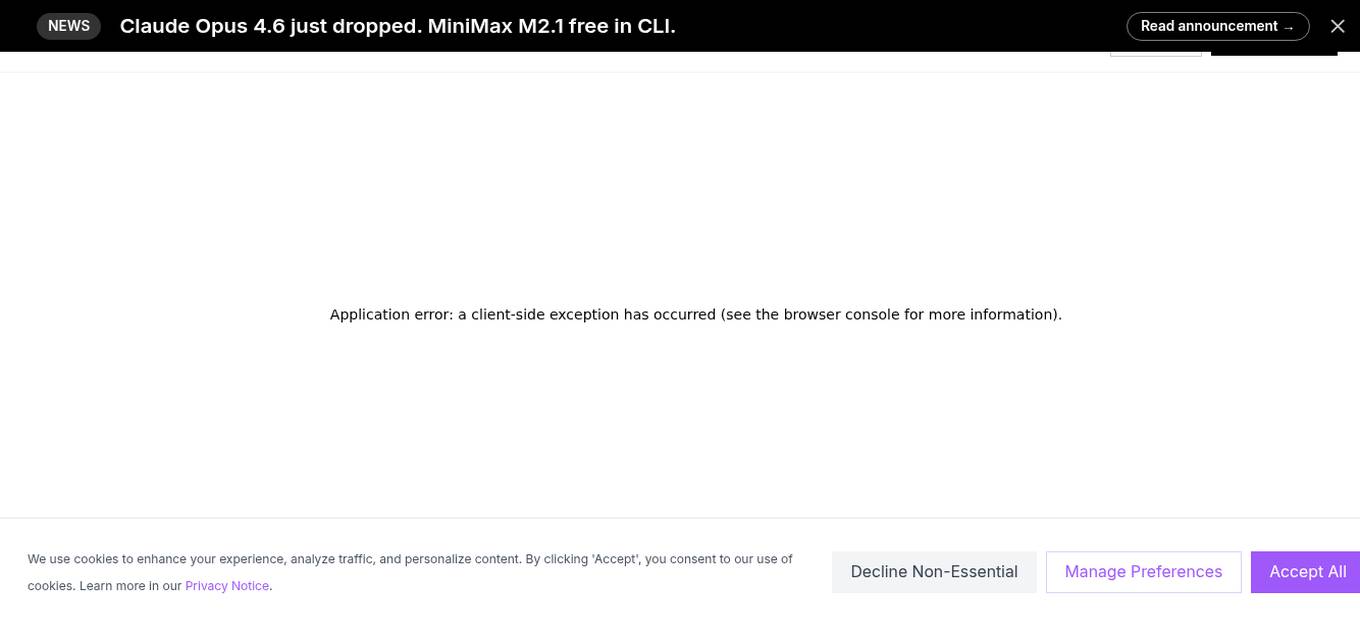
Cline
Cline is an AI coding tool that offers open-source and uncompromised enterprise pricing solutions. It provides a coding assistant with full AI capabilities integrated into popular code editors like Visual Studio Code and JetBrains IDE suite. Cline helps developers understand, refactor, and automate their codebase efficiently. The tool is designed to enhance productivity and collaboration within engineering teams by leveraging AI technology.
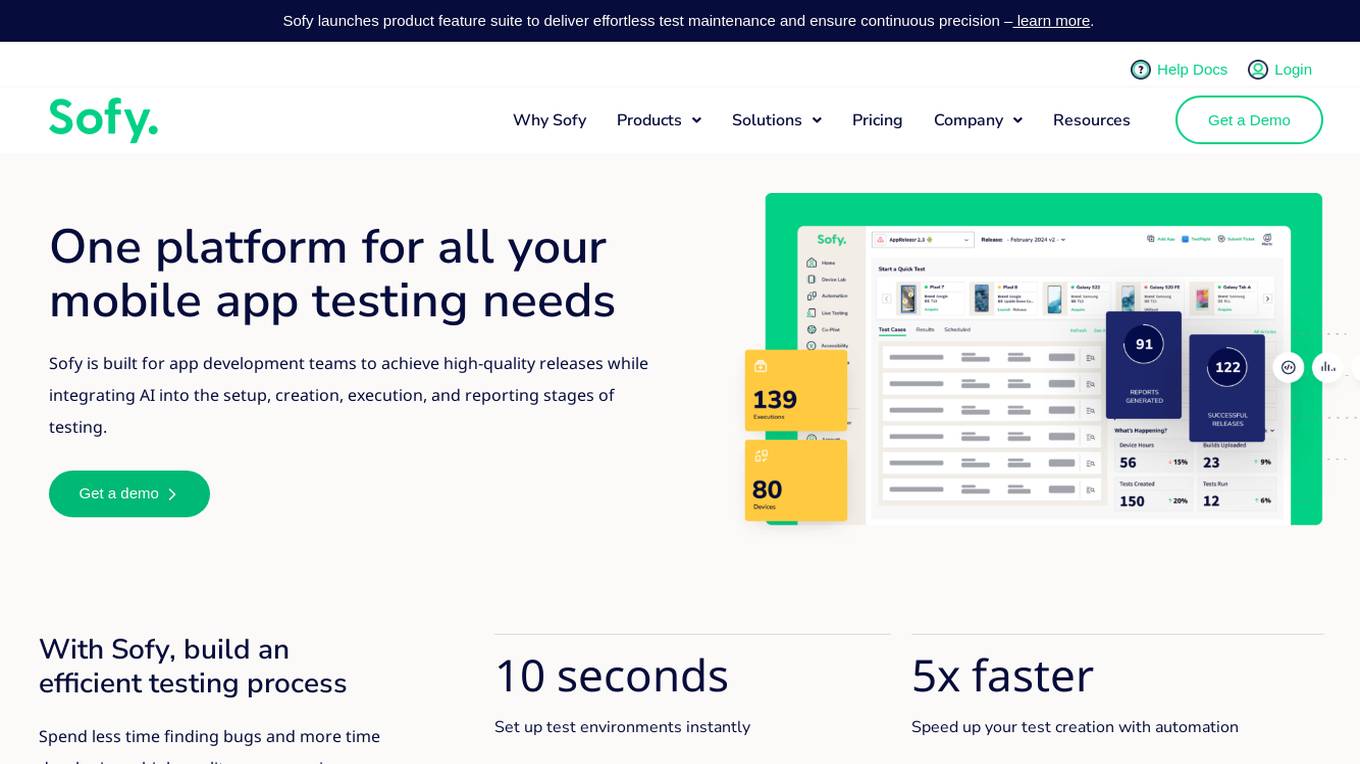
Sofy
Sofy is a revolutionary no-code testing platform for mobile applications that integrates AI to streamline the testing process. It offers features such as manual and ad-hoc testing, no-code automation, AI-powered test case generation, and real device testing. Sofy helps app development teams achieve high-quality releases by simplifying test maintenance and ensuring continuous precision. With a focus on efficiency and user experience, Sofy is trusted by top industries for its all-in-one testing solution.
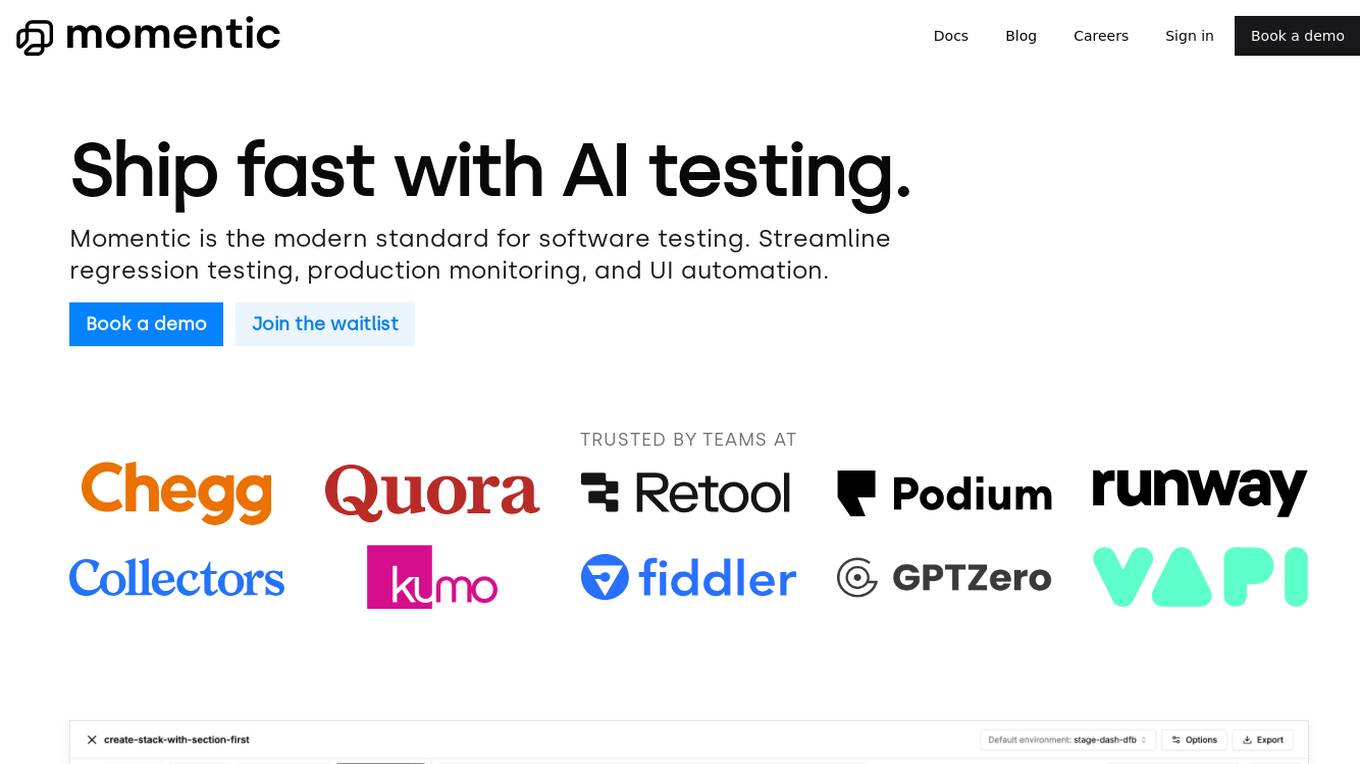
Momentic
Momentic is an AI testing tool that offers automated AI testing for software applications. It streamlines regression testing, production monitoring, and UI automation, making test automation easy with its AI capabilities. Momentic is designed to be simple to set up, easy to maintain, and accelerates team productivity by creating and deploying tests faster with its intuitive low-code editor. The tool adapts to applications, saves time with automated test maintenance, and allows testing anywhere, anytime using cloud, local, or CI/CD pipelines.
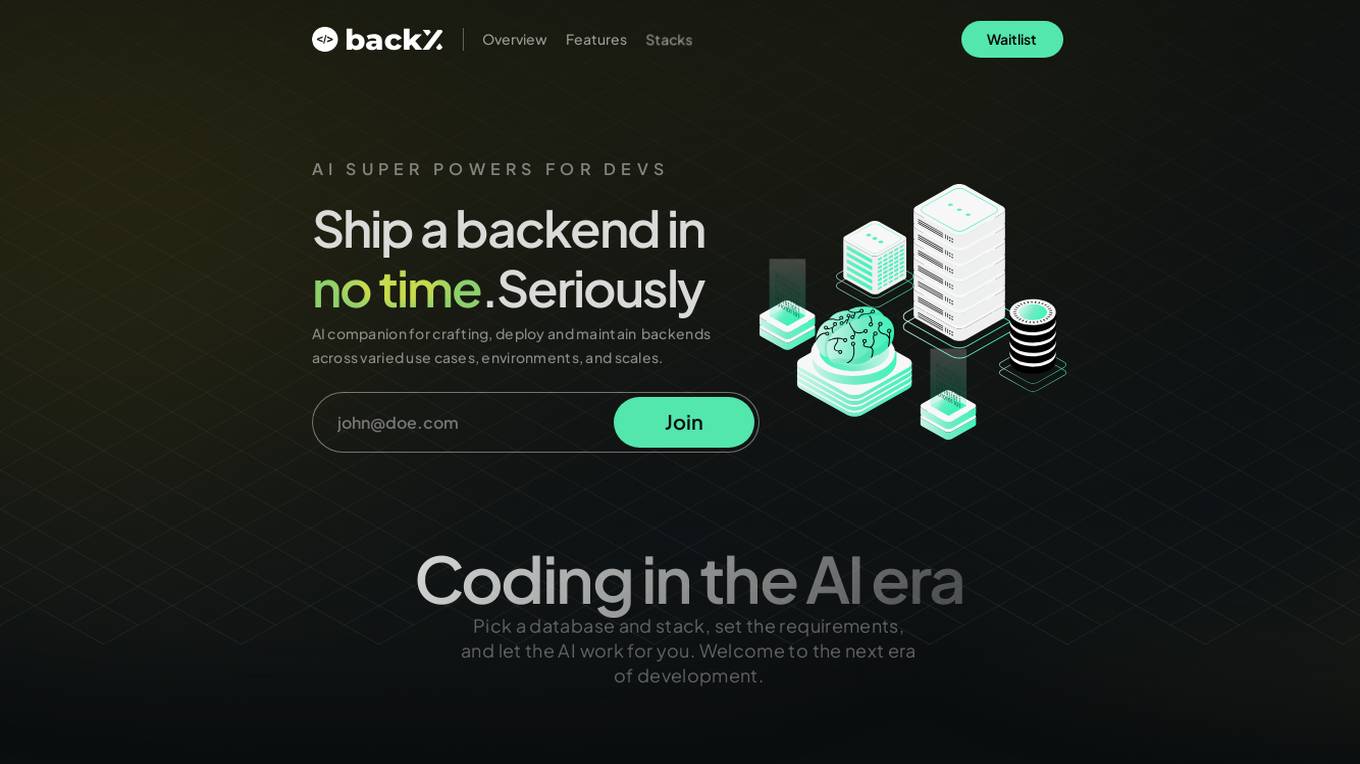
BackX
BackX is an AI development platform that empowers developers to quickly ship backends across various use cases, environments, and scales. It offers unparalleled accuracy, flexibility, and efficiency by overcoming the limitations of traditional AI-assisted programming. With features like one-click production-grade code, context-aware consistent code output, versioned artifacts, instant deploy, and a suite of AI-powered dev tools, BackX revolutionizes the backend development process. Developers can effortlessly design and manage databases, generate CRUD operations, implement complex business logic, and deploy serverless applications with ease. The platform aims to streamline development processes, increase cost-effectiveness, and provide more accurate outputs than traditional methods.
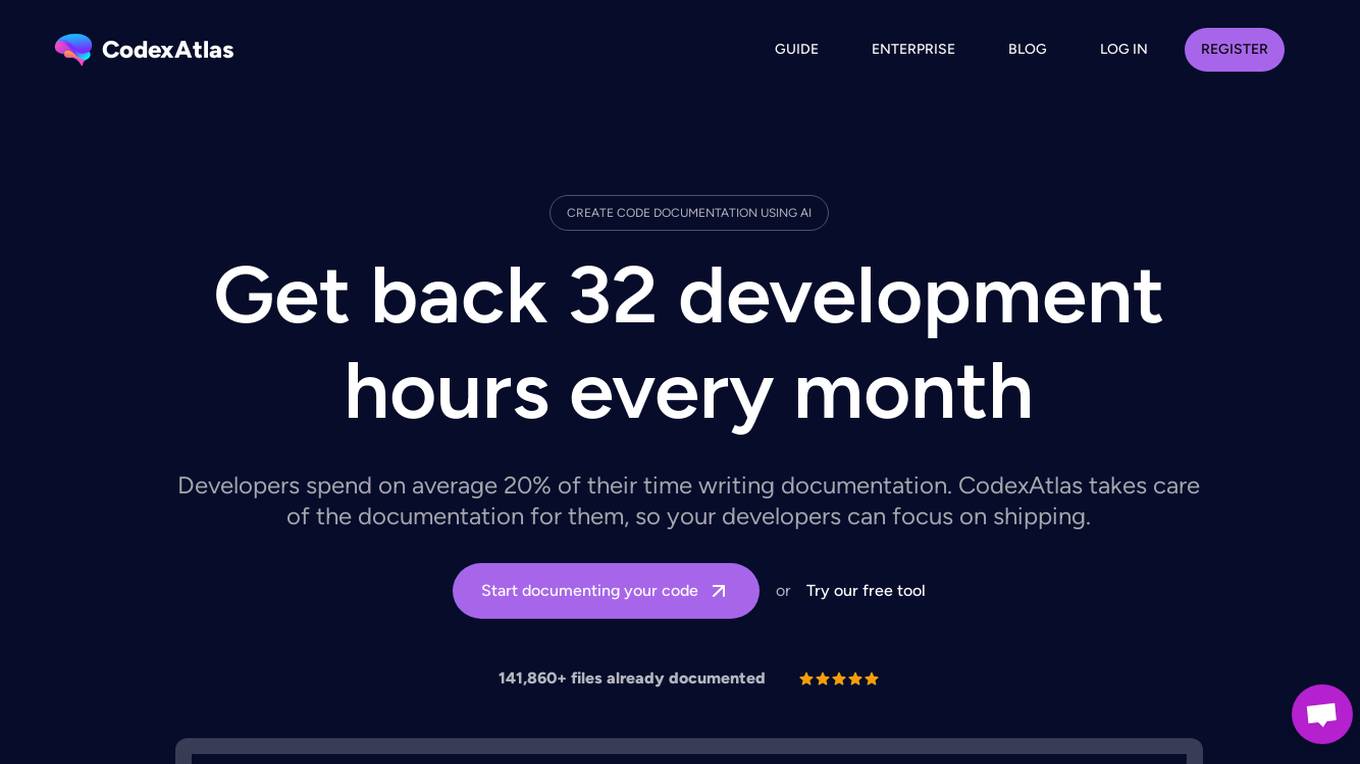
CodexAtlas
CodexAtlas is an AI-powered tool designed to automate code documentation processes. It leverages the latest advancements in Artificial Intelligence to generate and maintain documentation for software projects, freeing developers from the time-consuming task of writing documentation. With features like real-time updates, onboarding time reduction, and use-case detection, CodexAtlas aims to streamline the documentation process and enhance developer productivity. The tool also offers code conversion capabilities, business domain knowledge integration, and the option for on-premise deployment to cater to diverse organizational needs.
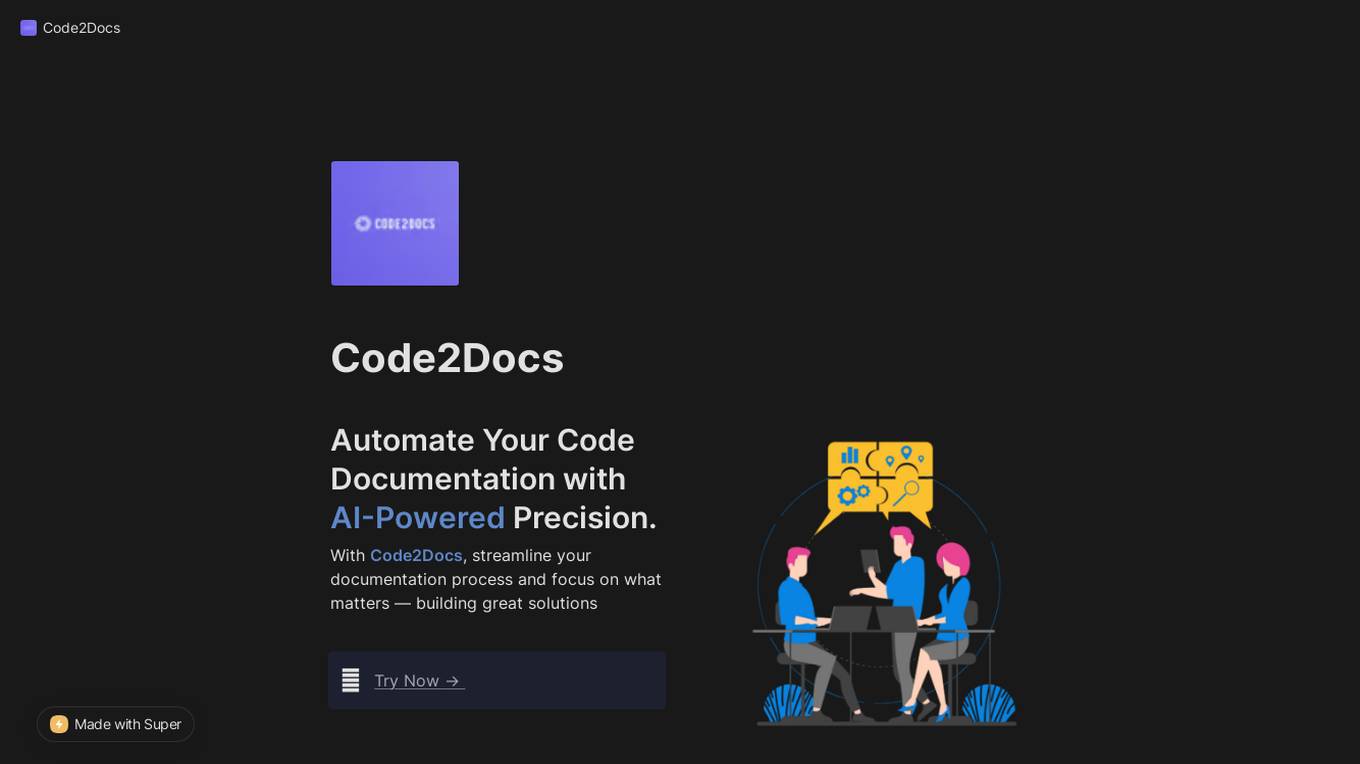
Code2Docs
Code2Docs is an AI-powered tool designed to automate code documentation for software developers. By leveraging advanced AI technology, Code2Docs streamlines the documentation process, transforming complex codebases into clear and comprehensive documentation. With seamless integration with GitHub and an intuitive user interface, Code2Docs aims to make documentation effortless and efficient, saving time and reducing technical debt for developers.
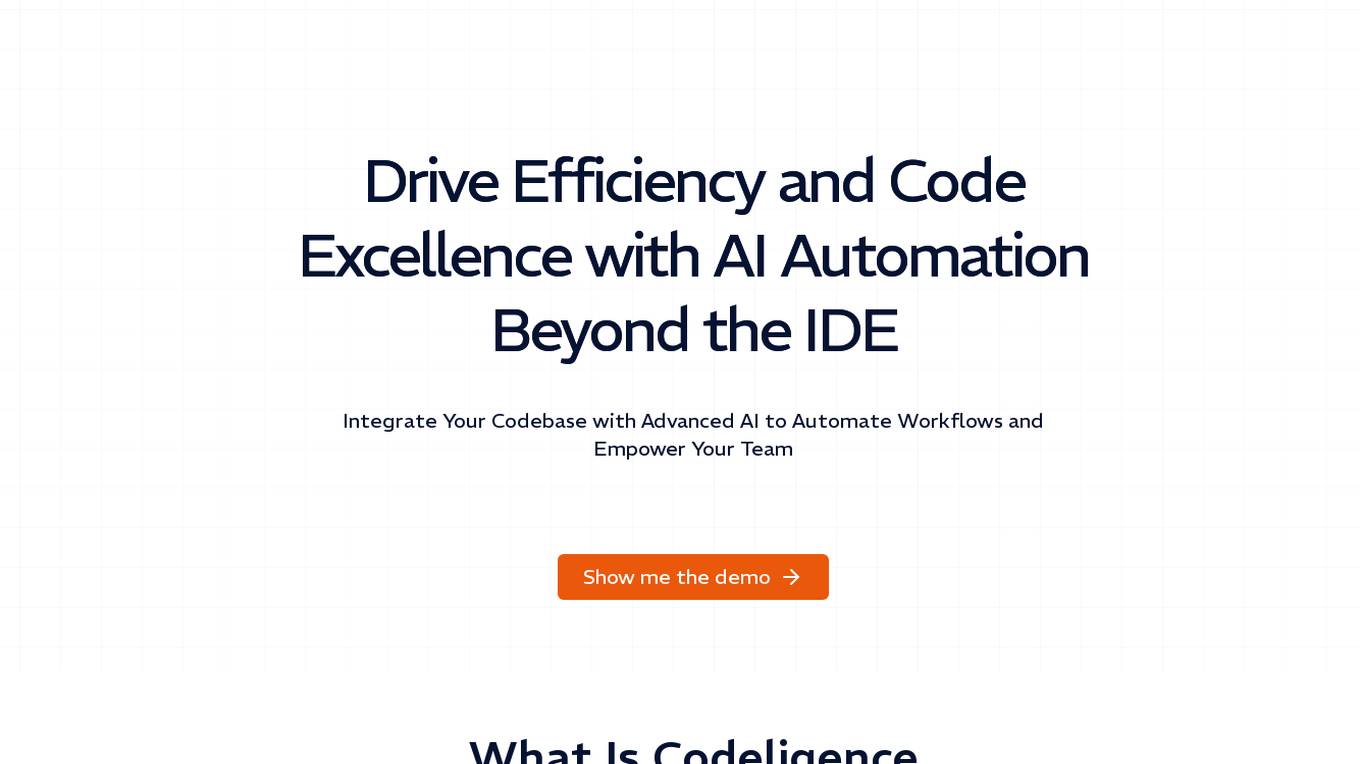
Codeligence
Codeligence is an AI tool that enables users to connect their code with artificial intelligence. The platform offers chat and automation features to streamline the integration of AI into coding projects. With Codeligence, users can easily incorporate AI functionalities into their applications, enhancing their capabilities and efficiency.
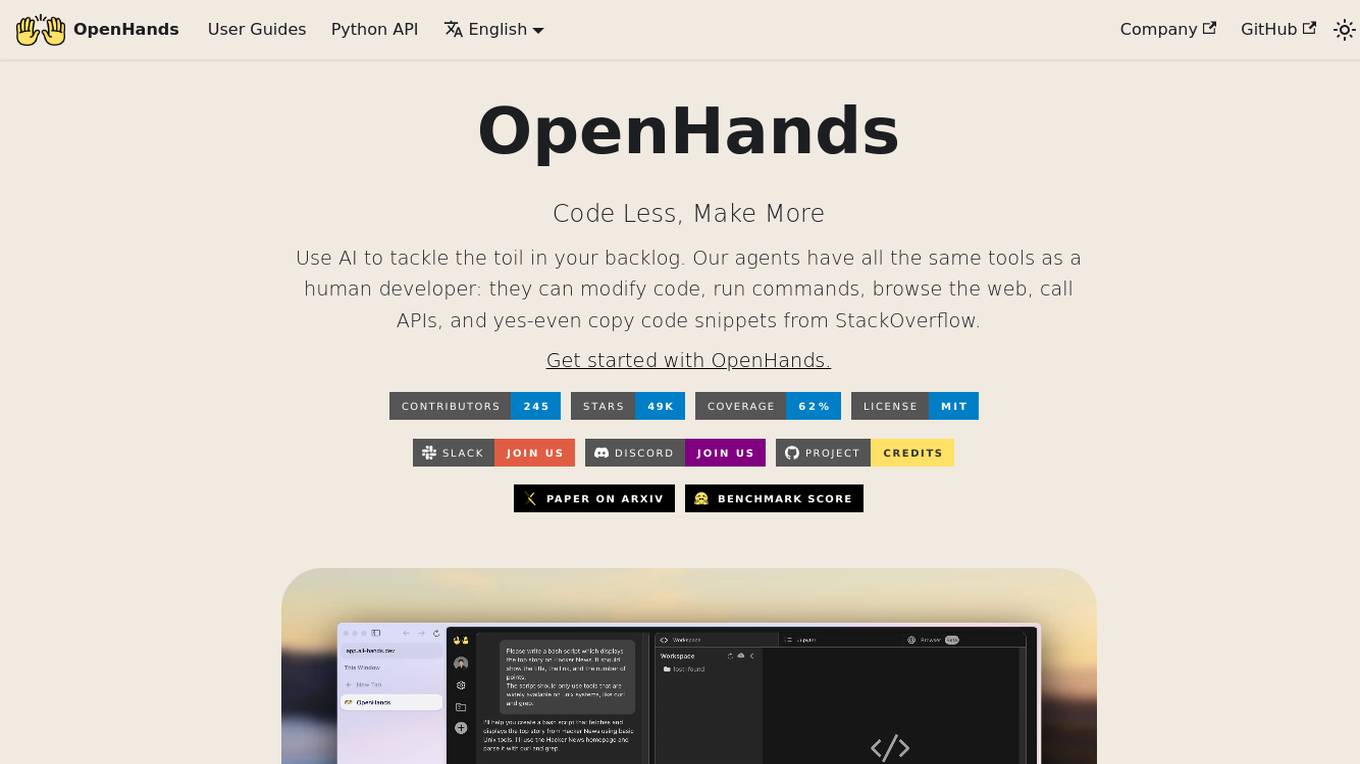
OpenHands
OpenHands is an AI tool developed by All Hands AI, Inc. that empowers users to streamline their development process by leveraging artificial intelligence. The tool allows users to automate tasks typically performed by human developers, such as modifying code, running commands, browsing the web, calling APIs, and even copying code snippets from StackOverflow. OpenHands aims to help users save time and increase productivity by handling repetitive and time-consuming tasks efficiently.
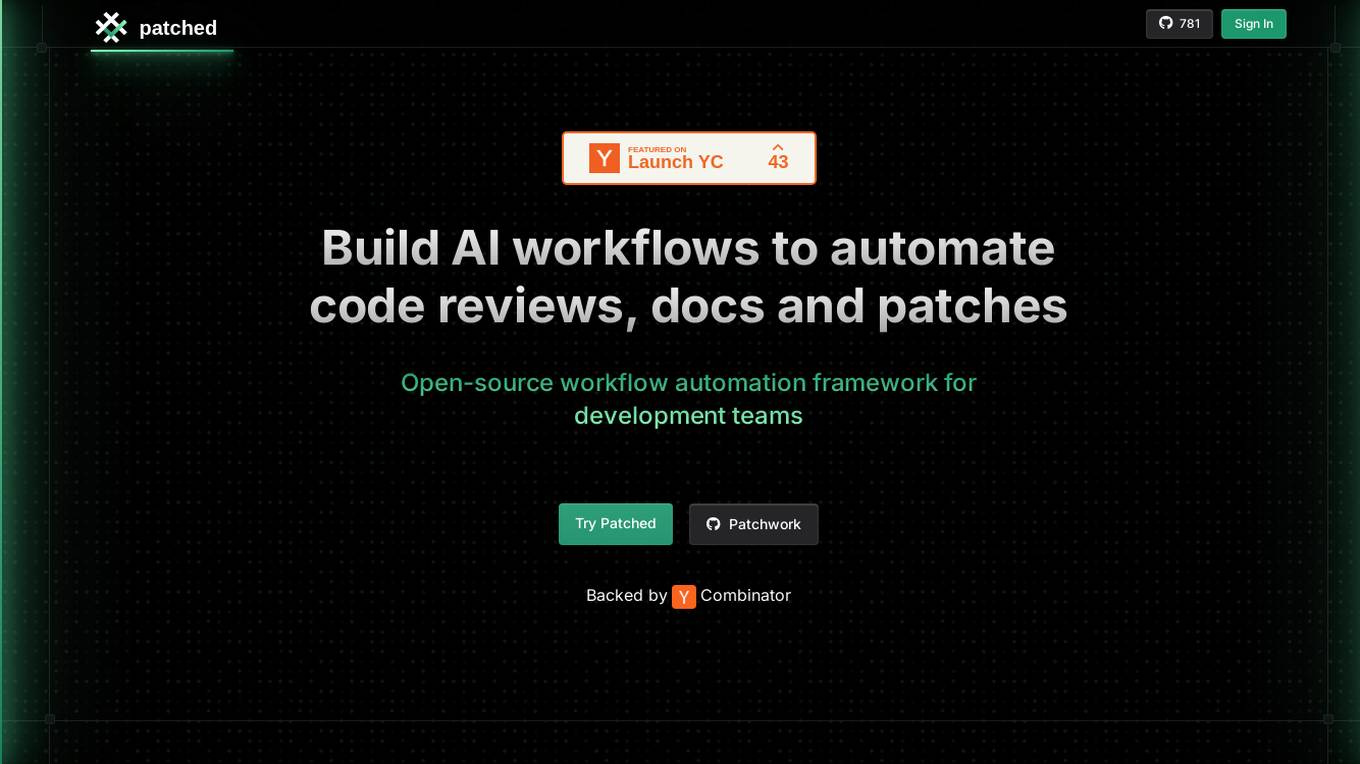
Patched
Patched is an open-source workflow automation framework designed for development teams to build AI workflows that automate code reviews, documentation, and patches. It offers ready-to-go patchflows or the ability to create custom ones to accelerate mundane development tasks. Patched integrates seamlessly with popular platforms like Gitlab, GitHub, Jira, and more, allowing users to improve code quality, fix bugs, and create tickets efficiently. The application is privacy-focused, allowing users to deploy it within their own infrastructure for complete privacy. Patched is free and open-source, offering customization options via code or a no-code builder.
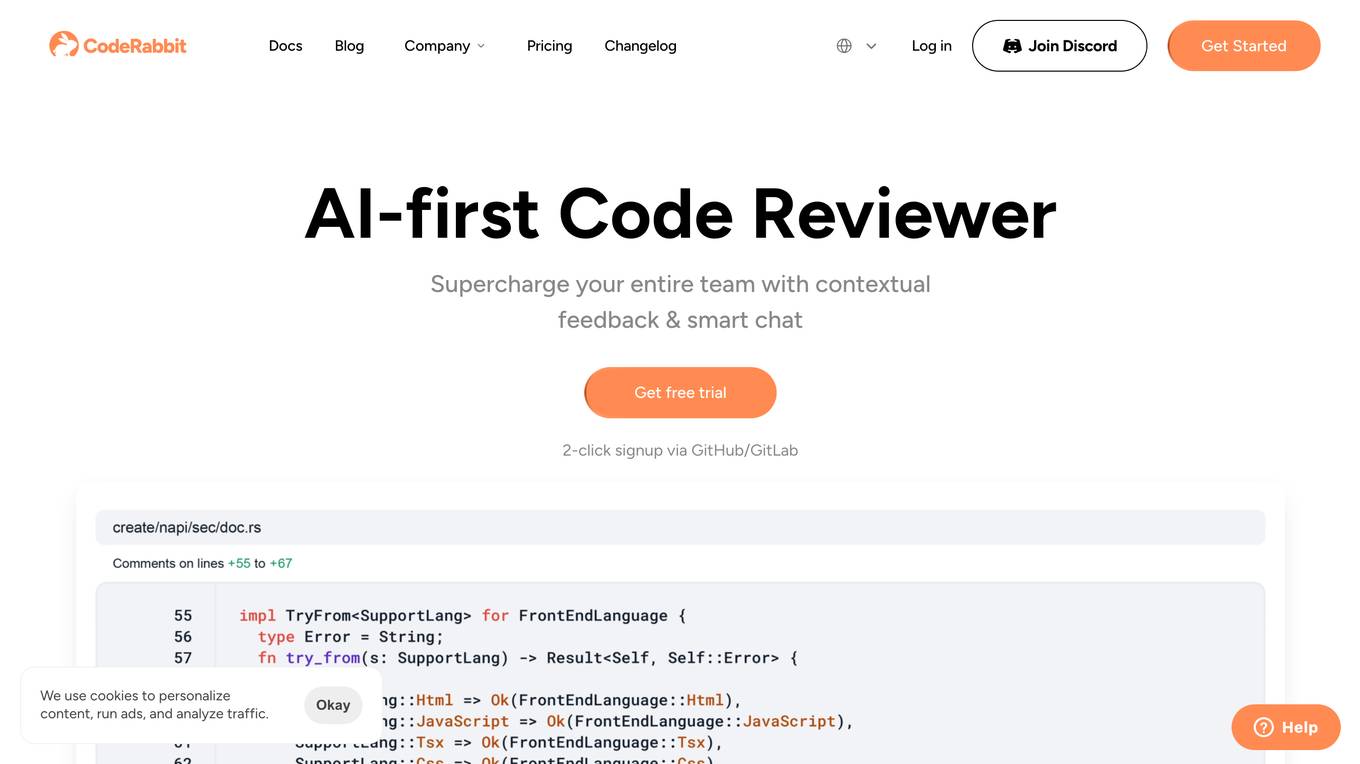
CodeRabbit
CodeRabbit is an innovative AI code review platform that streamlines and enhances the development process. By automating reviews, it dramatically improves code quality while saving valuable time for developers. The system offers detailed, line-by-line analysis, providing actionable insights and suggestions to optimize code efficiency and reliability. Trusted by hundreds of organizations and thousands of developers daily, CodeRabbit has processed millions of pull requests. Backed by CRV, CodeRabbit continues to revolutionize the landscape of AI-assisted software development.
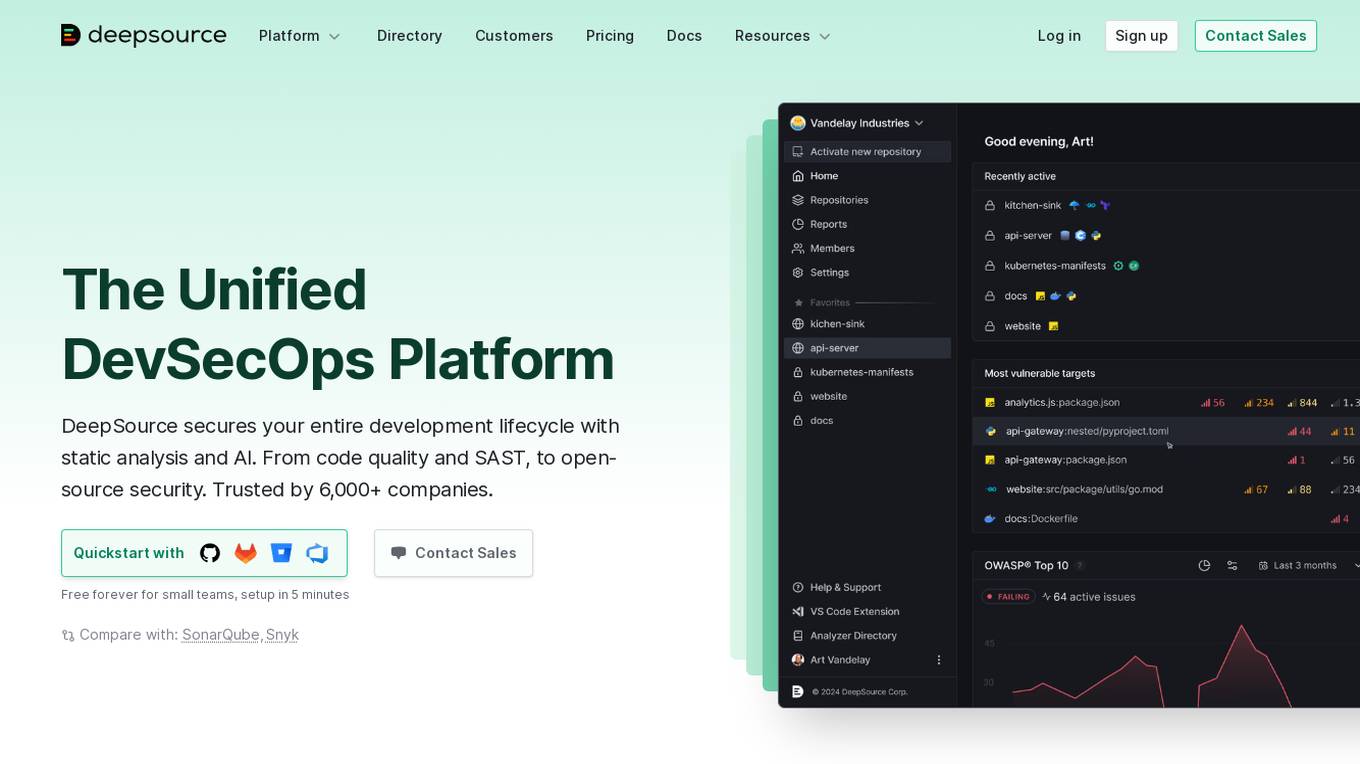
DeepSource
DeepSource is a Unified DevSecOps Platform that secures the entire development lifecycle with static analysis and AI. It offers code quality and SAST, open-source security, and is trusted by over 6,000 companies. The platform helps in finding and fixing security vulnerabilities before code is merged, with a low false-positive rate and customizable security gates for pull requests. DeepSource is built for modern software development, providing features like Autofix™ AI, code coverage, and integrations with popular tools like Jira and GitHub Issues. It offers detailed reports, issue suppression, and metric thresholds to ensure clean and secure code shipping.
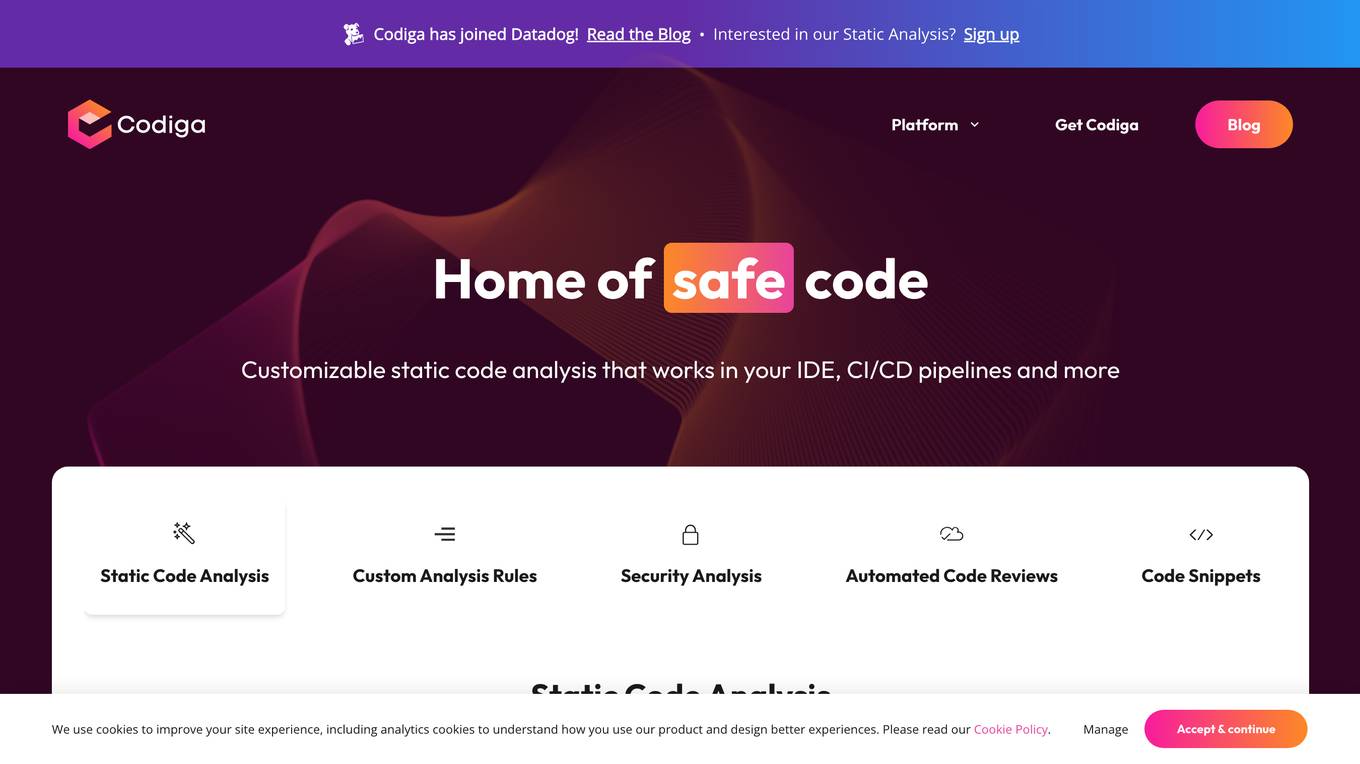
Codiga
Codiga is a static code analysis tool that helps developers write clean, safe, and secure code. It works in real-time in your IDE and CI/CD pipelines, and it can be customized to meet your specific needs. Codiga supports a wide range of languages and frameworks, and it integrates with popular tools like GitHub, GitLab, and Bitbucket.
0 - Open Source AI Tools
20 - OpenAI Gpts
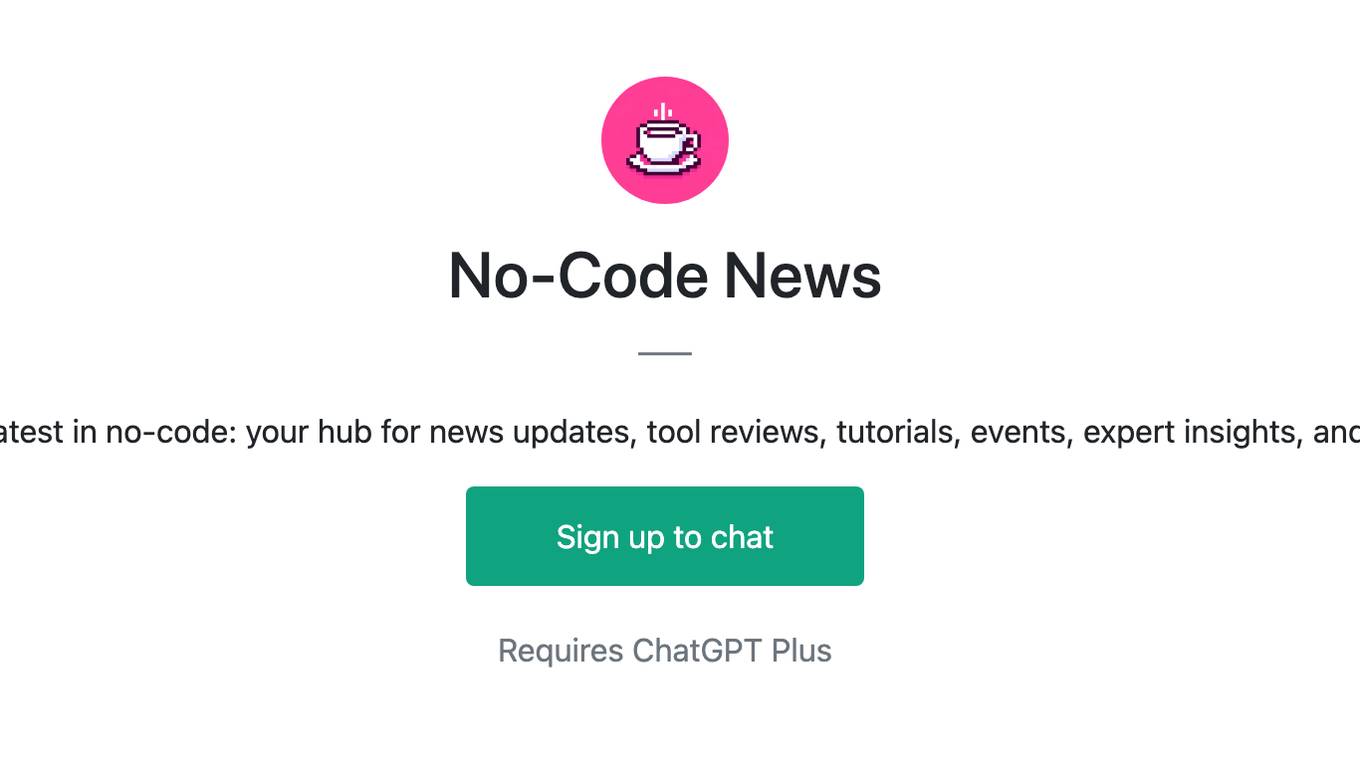
No-Code News
No-code GPT. Explore the latest in no-code: your hub for news updates, tool reviews, tutorials, events, expert insights, and no-code success stories

Infrastructure as Code Advisor
Develops, advises and optimizes infrastructure-as-code practices across the organization.
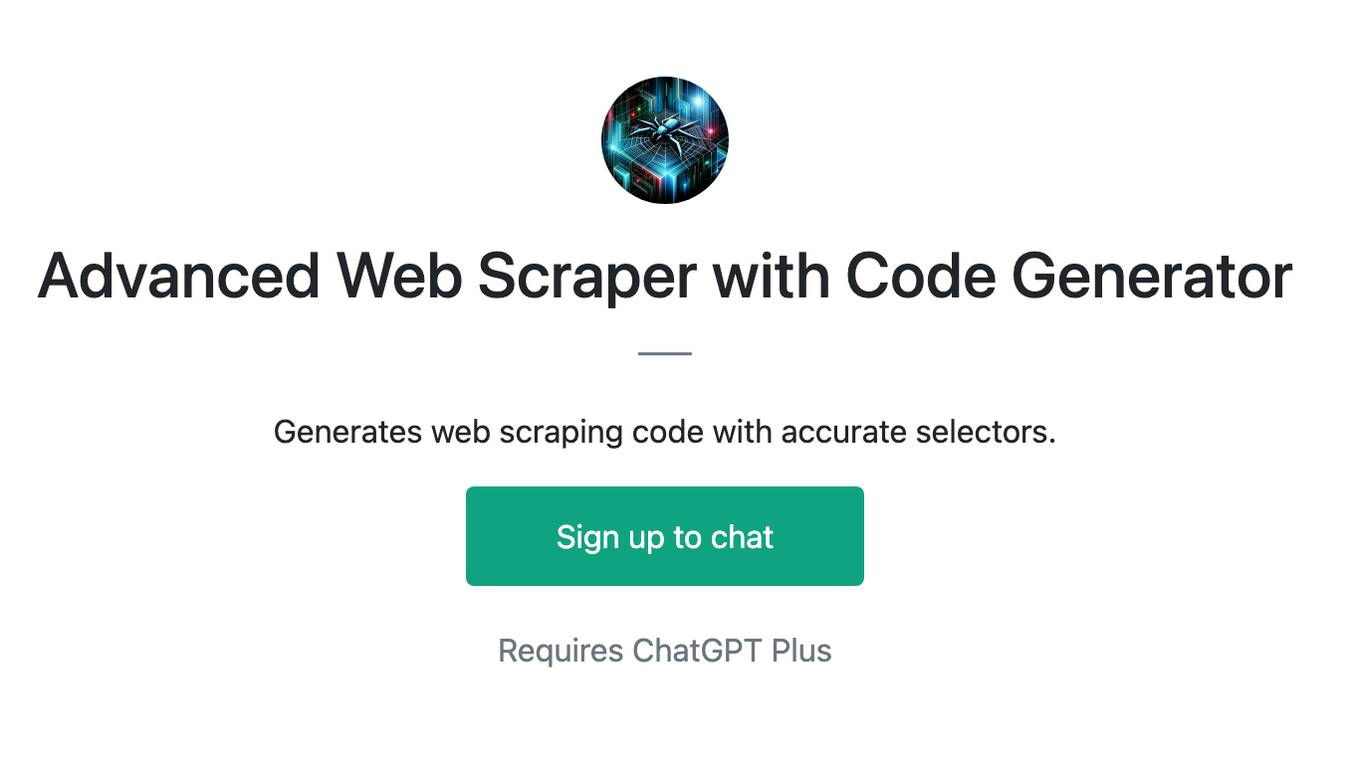
Advanced Web Scraper with Code Generator
Generates web scraping code with accurate selectors.
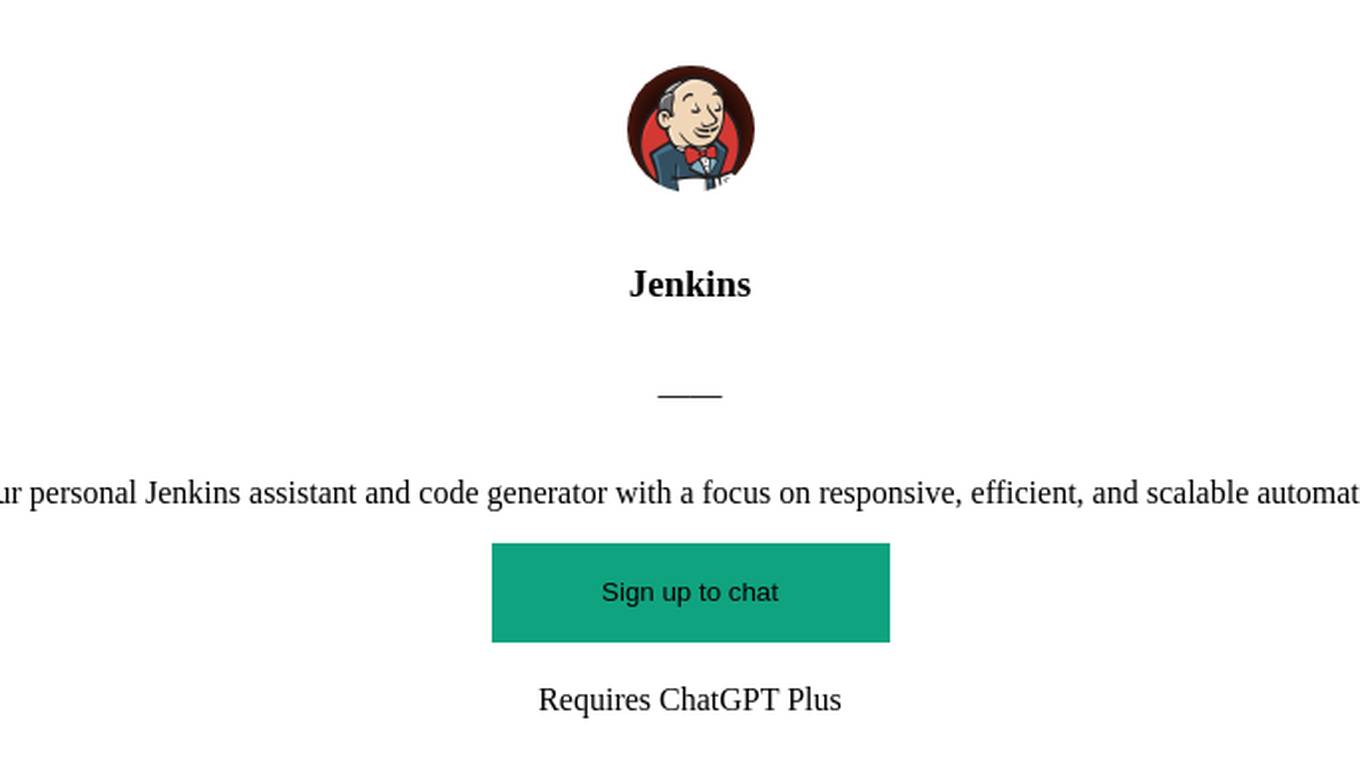
Jenkins
Your personal Jenkins assistant and code generator with a focus on responsive, efficient, and scalable automations.
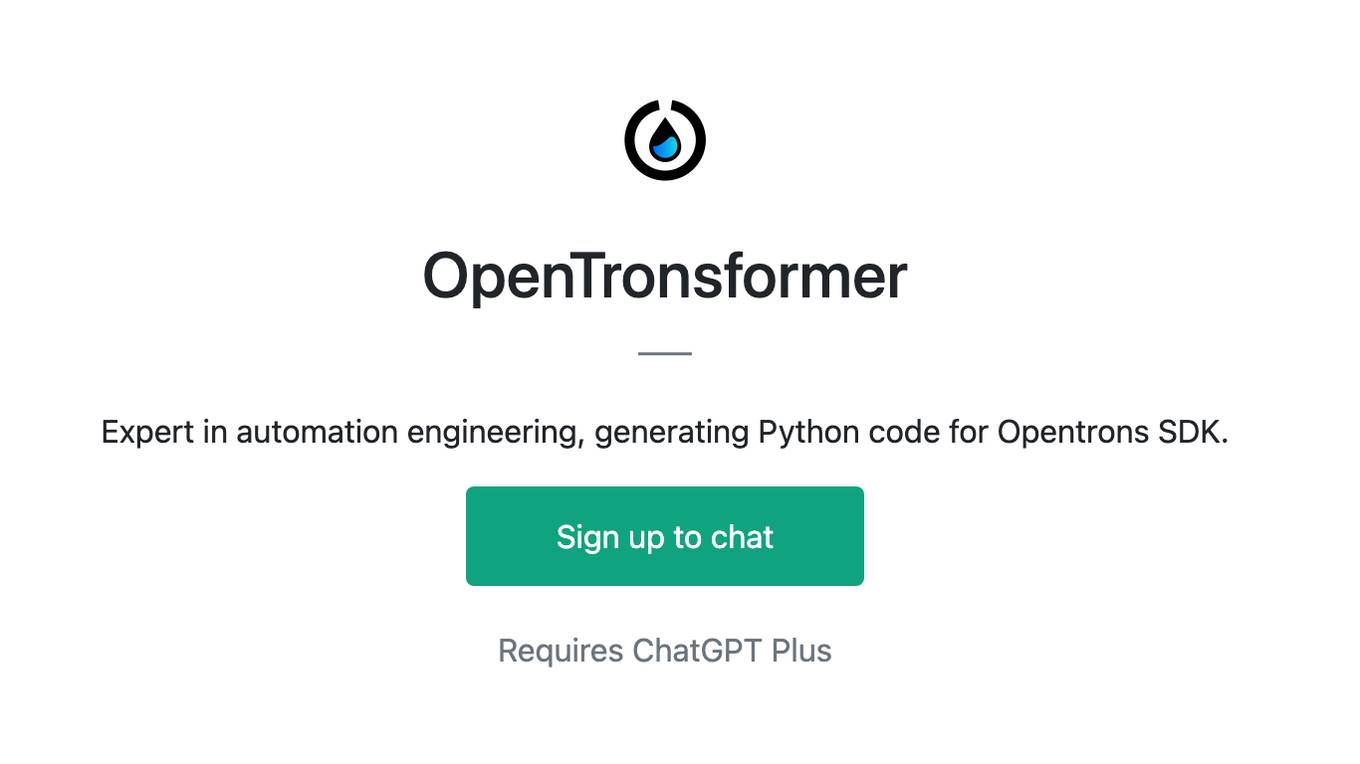
OpenTronsformer
Expert in automation engineering, generating Python code for Opentrons SDK.
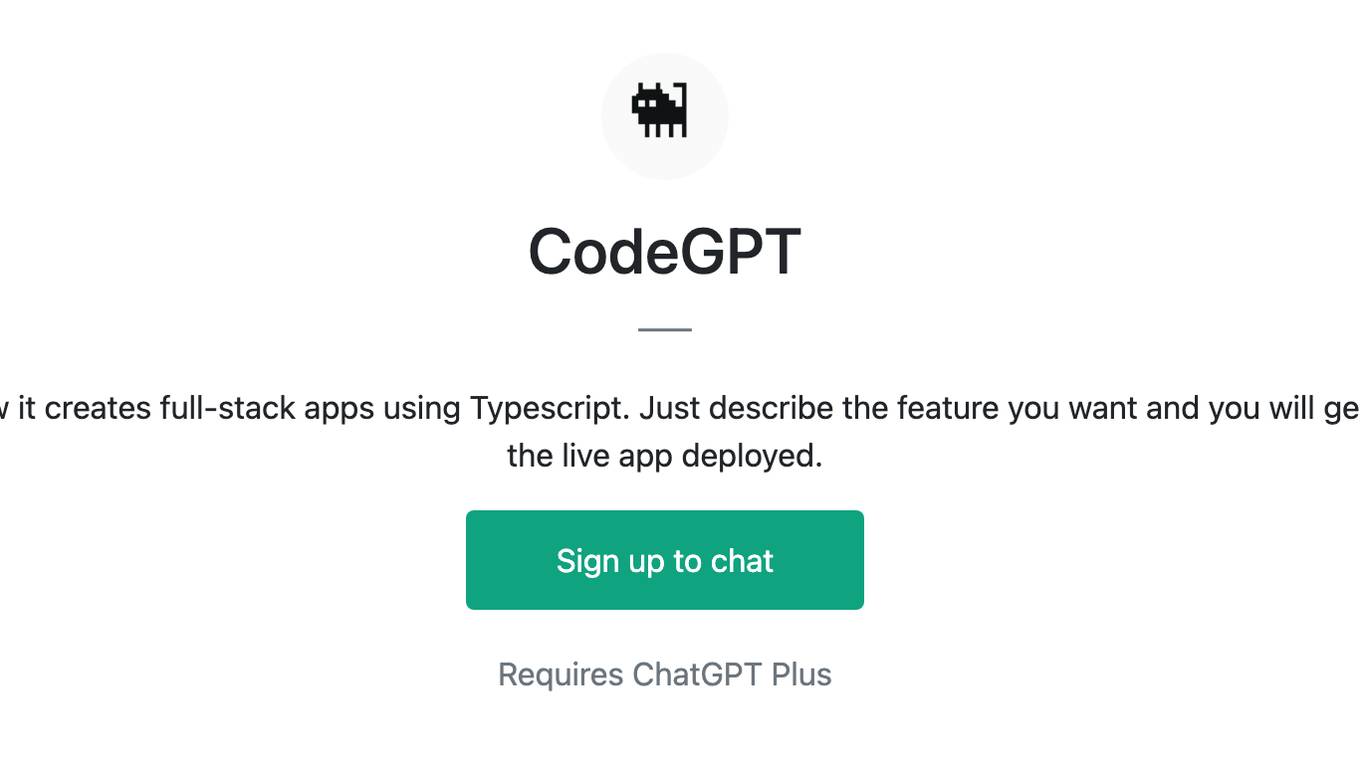
CodeGPT
This GPT can generate code for you. For now it creates full-stack apps using Typescript. Just describe the feature you want and you will get a link to the Github code pull request and the live app deployed.
